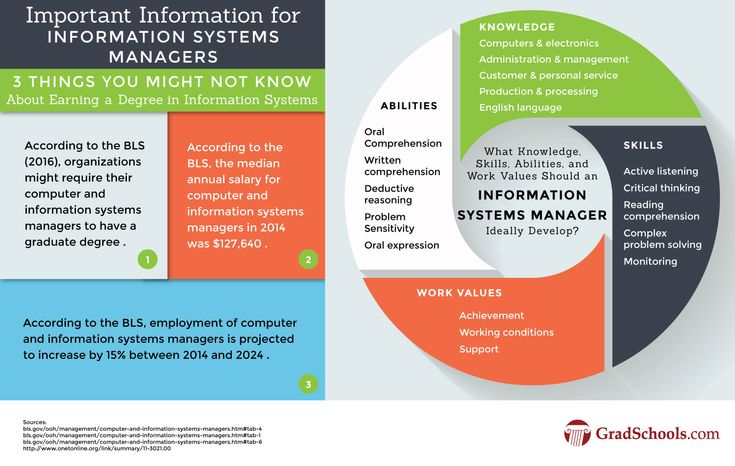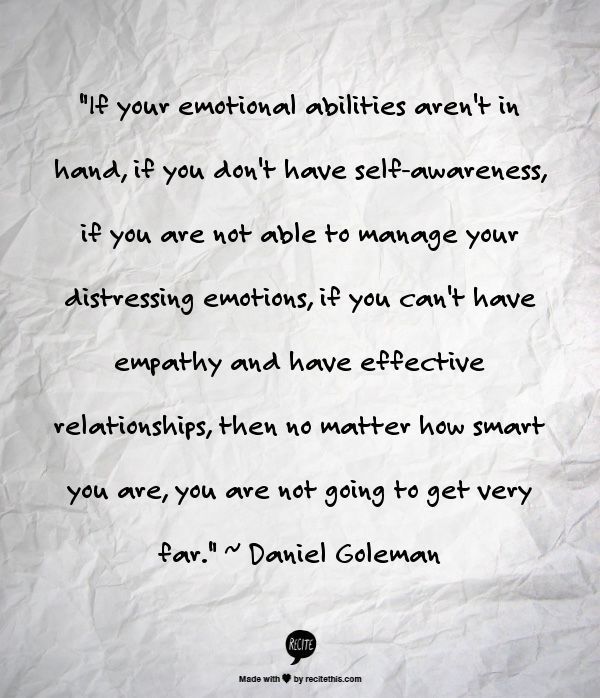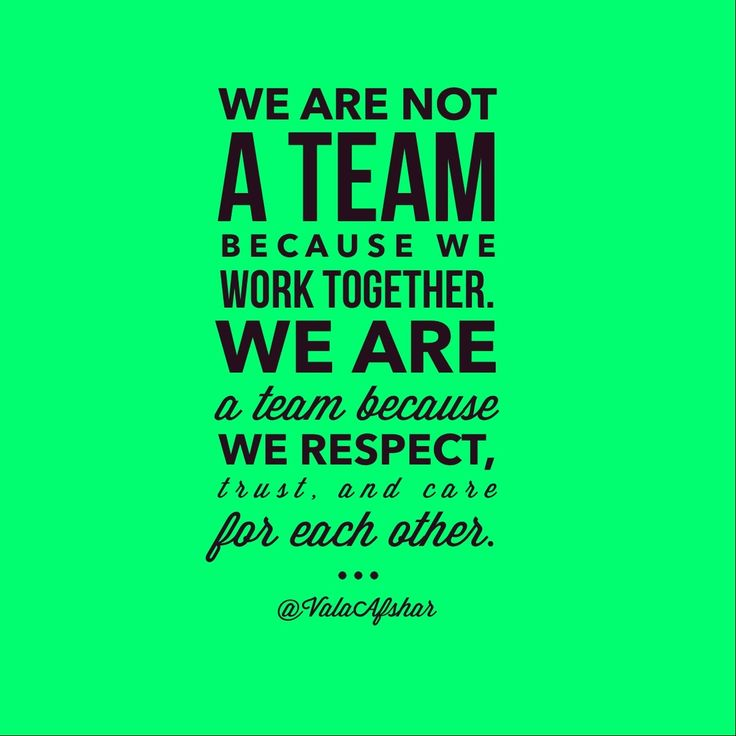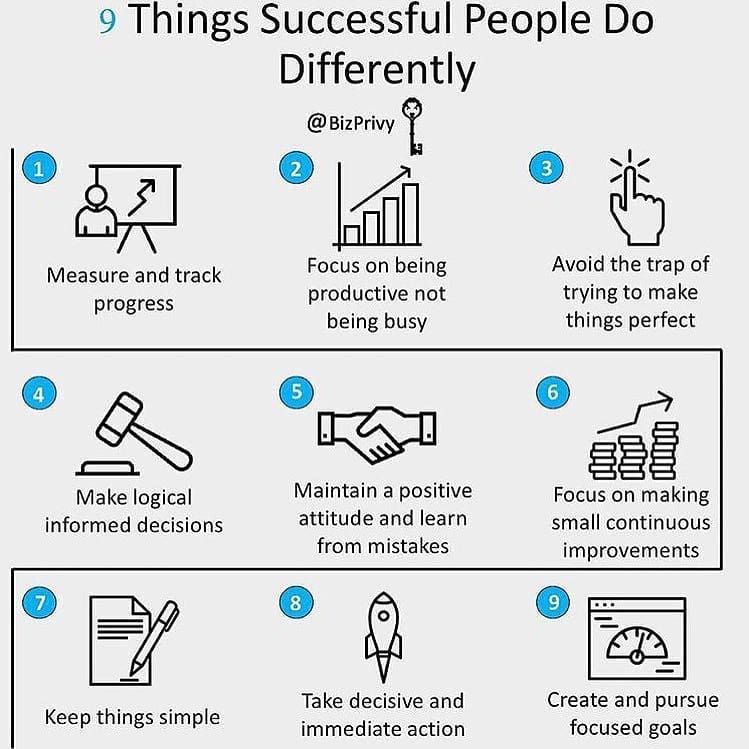Being critical of others
How to Stop Being Critical of Others
"She shouldn't be wearing those pants."
"He is so lazy."
"They're nice, but they're just a little strange."
It's easy to get stuck in a critical mode--where we pick apart what's wrong with people instead of what's right.
But being critical is also a choice, something we can practice not doing. Before I answer how to stop being critical, let's look at what it means to be critical and why people do it. Then we'll break down some fun ways for how to stop being critical of other people.
What is Being Critical and Why Do We Do It?
If you've ever lowered your voice and whispered a critique about someone, you were critical. You've also been critical if you verbalized someone's faults or described someone's weaknesses or imperfections.
Apparently, Oscar Wilde once said that criticism is the only reliable form of autobiography. It reveals more about the critic than the one being criticized.
In psychology, criticizing is linked with ego-protection, which means that people criticize others because of a perceived personal weakness. I might criticize someone's house because of my exaggerated concerns and worries about my own feelings about being successful. Or I might criticize someone's appearance because of my own insecurities.
In improvisation, we are taught not to be critical or judgmental of our fellow players. Focusing on people's weaknesses makes us less likely to notice and improve the good things they're doing on stage. It also erodes the trust between us that allows us to take risks while improvising, risks that make improv more fun and engaging.
For example, if I roll my eyes and think about how Beth never says anything funny, I might miss Beth saying something funny. I'm also much less likely to add onto something Beth says to make it funnier. Also, Beth is probably going to feel some of my negative I-don't-like-Beth energy and start to clam up when she takes the stage with me.
Instead, I need to treat all my teammates like geniuses and superstars. This way, I'm priming myself to see the good and to do whatever I can to make them look even better.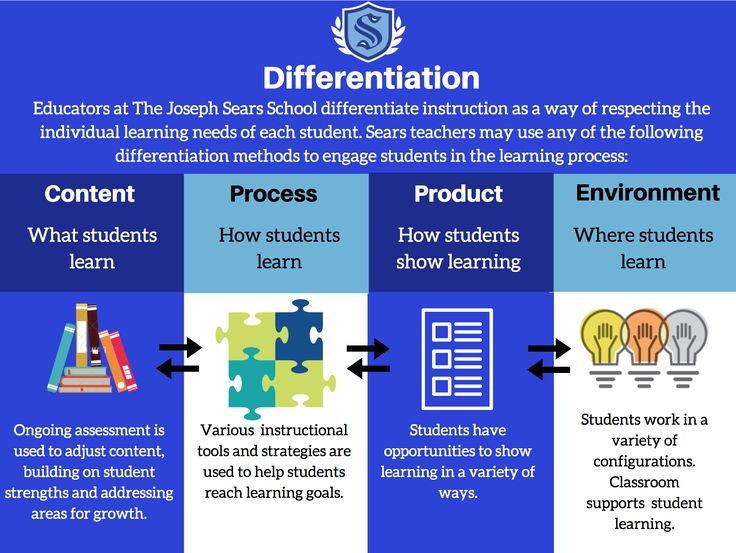 Going back to psychology, it's the difference between giving feedback and doling out criticism. Feedback's intention is to make someone look good and help them improve. Criticism's intention is to put someone down to make you feel better about yourself.
Going back to psychology, it's the difference between giving feedback and doling out criticism. Feedback's intention is to make someone look good and help them improve. Criticism's intention is to put someone down to make you feel better about yourself.
Criticism Versus Feedback
There's a problem with this feedback/criticism distinction though. Many criticizers disguise their criticism by saying that it's feedback.
That rude comment about Camille's nose job? I was just giving her some feedback.
Snide remark about Pat's weight? Feedback, man.
Snarky joke about Chris's contribution to the group project? Just giving you some feedback, Chris.
These examples are 100% criticism. They're not feedback at all.
Feedback is about allowing people to make their own choices, focuses on improvement and the future (not the past), and is about behavior (not the person).
Criticism is about blaming and devaluing people.
So let's take a look at how to stop being critical.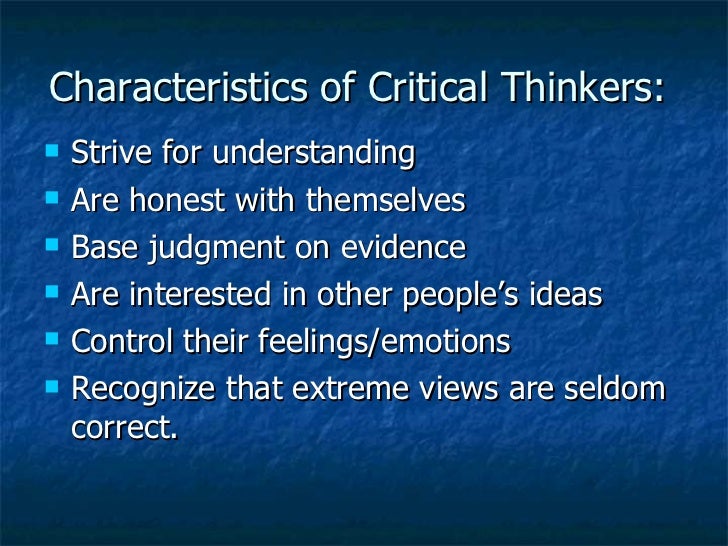
Play Your Way Sane
Based on my research on improvisation, I've developed twelve lessons for life. The lessons break down topics such as how to become more mindful, playful, and positive.
I've created what I call everyday games within each of the twelve lessons. The games are fun ways you can practice the lessons as you go about your everyday life. There's no need to take a class or form a team. It's like solo improv exercises for the person on the go.
Thou Shalt Not Be Judgy
The fifth Play Your Way Sane lesson is "Thou Shalt Not Ne Judgy." And it's all about playing our ways less judgmental of others. I catch myself being judgmental and critical of others all the time. I recognize that this says much more about me than them, so I've come up with everyday games to help myself break this judgmental habit.
Here are six exercises that will help you be less critical of others.
1. I Got Your Back
Right before improvisers take the stage, they often do a ritual where they pat each other on the backs and say, "I got your back.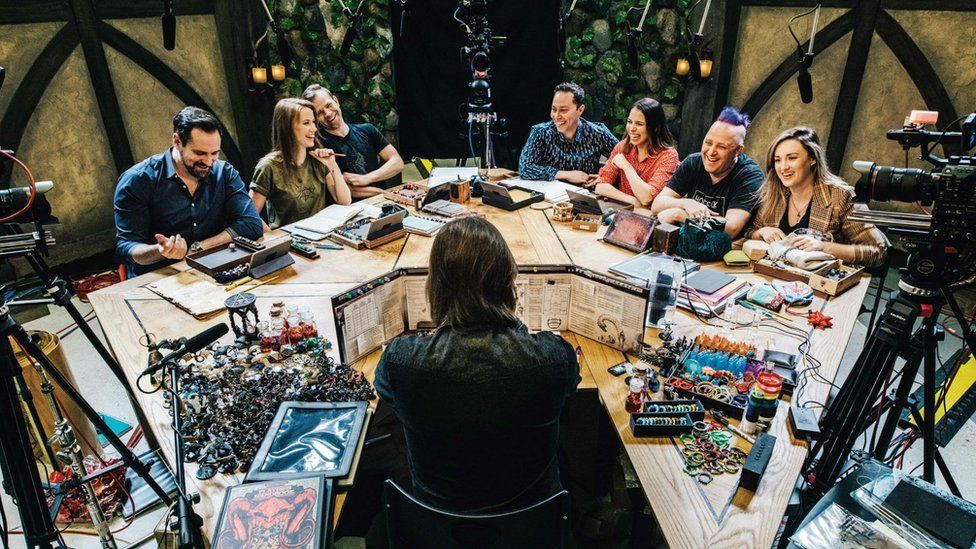 "
"
This is reinforcing and reminding everyone that while onstage everyone will be looking for the positive in others and trying their best to make everyone look as good as possible.
I love this idea and wish more of us had each other's backs in real life.
This everyday game is about telling as many people as possible that you have their backs...and meaning it. Finding the context to say it may be a challenge, but I want you to sincerely proclaim "I got your back" to as many of your fellow humans as possible today.
2. Try Something Else Not Judgy
There's another improv game where a moderator stops a scene and tells one of the improvisers to try something else. It's called "New Choice," and it's a good reminder that our first choice doesn't have to be the only choice.
So the next time you catch yourself being critical, tell yourself to make a new choice and try something less critical.
3. Just Ask
Being critical is often about making assumptions.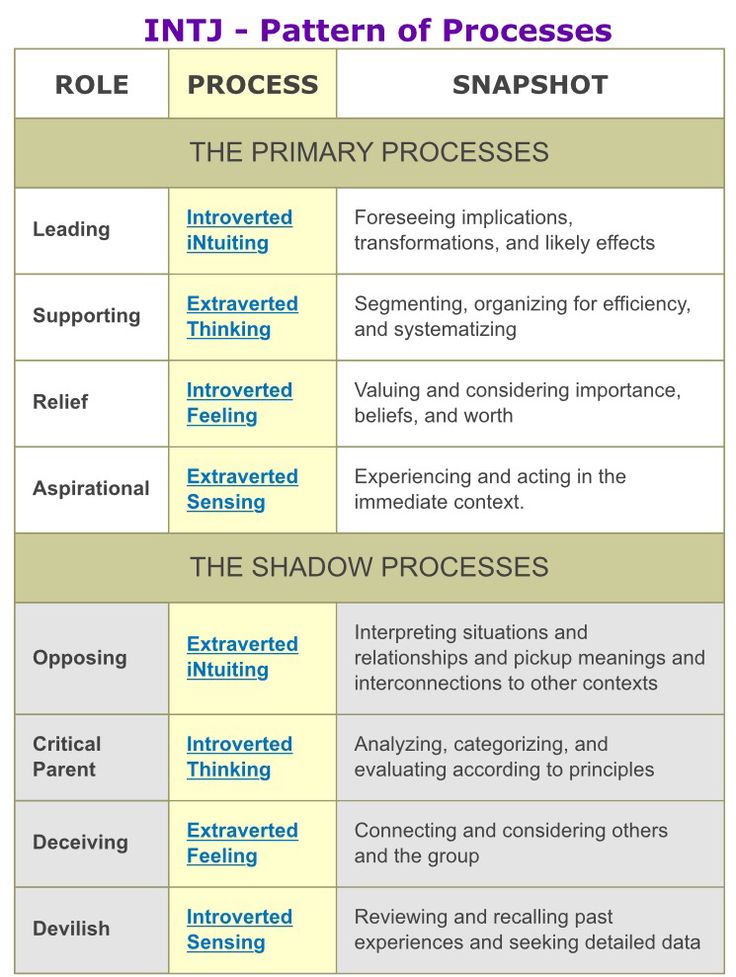 To stop yourself from making an ass out of u and me, I want you to just start asking.
To stop yourself from making an ass out of u and me, I want you to just start asking.
Instead of talking smack about Rebecca's relationship, go right to the source and ask Rebecca how everything's going. Be sincere and caring. Have her back as you get the real tea. And then keep it to yourself.
If someone else wants to know more about Rebecca, they should go directly to the source, too.
4. Curious Detective
I like playing make-pretend, and this next everyday game is a great way to do exactly that.
Curious Detective is about pretending you're a detective and gathering as many clues about people as possible. Once again, it's about gathering facts instead of making assumptions. This will help you be less critical and judgmental by forcing you to be more curious about others.
5. How Do You Know?
A mantra I tell myself when I catch myself talking shit about others is "How do you know?"
When I catch myself being critical and judgmental of others, I ask myself, "How do you know?" This reminds me that I don't know everything about other people's experiences and that speculating behind their backs is not productive or helpful.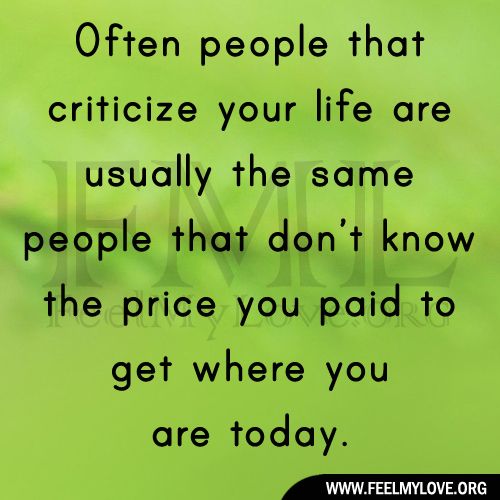
6. If You Can't Say Anything Nice
If all else fails, go back to the game your parents probably taught you when you were a kid. If you can't say anything nice, don't say anything at all.
Stop yourself before any criticism spews from your talk hole.
How to Stop Being Critical
Being critical is addictive. It can be hard to stop it and replace it with more productive thought morsels, but it's definitely possible.
That's why I love turning the process into games. I'm much more likely to practice being less critical when the process is fun.
Think feedback instead of criticism. Try to learn as much about people as possible and be genuinely curious about what makes them tick. Allow their thoughts and feelings to be different from yours. We're all different, so imposing our agenda on others isn't helpful or realistic.
Then, try to help them look good. Instead of tearing people down, think about how your feedback can empower them to improve and succeed.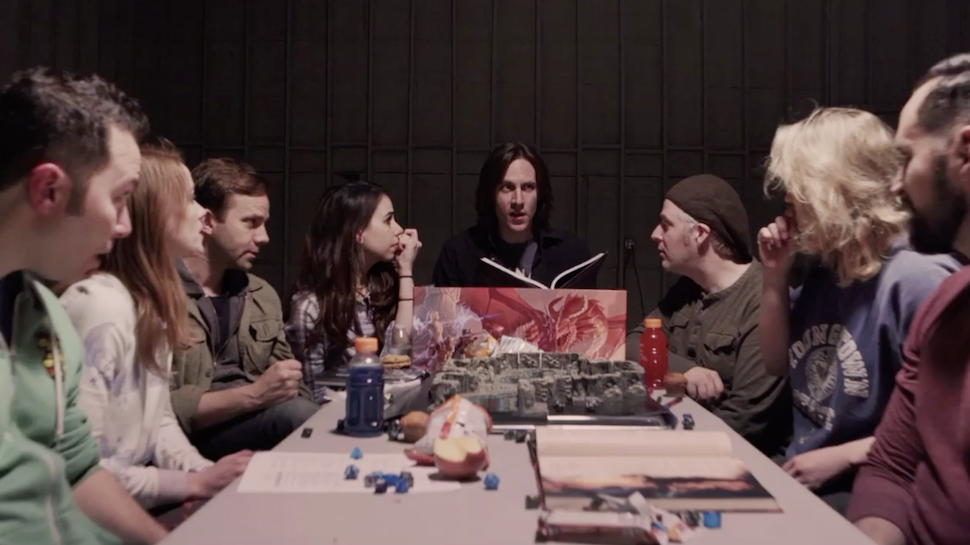
Figuring out how to stop being critical of others doesn't have to be drudgery. I hope my everyday games will make the process more fun, but it does require practice. And remember, if all else fails, put your hand over your mouth and shut the hell up. It's better to be silent than to be critical.
I also developed the Positivity Challenge to help people track how often they're negative and practice being more positive.
And for over 100 more improv-inspired exercises, check out my new book Play Your Way Sane!
How to Stop Being Critical of Others? 14 Experts Say...
Once in a while, we may find ourselves critical of other people.
Although being critical has its benefits, more often it brings adverse effects.
Hence we asked 14 experts to share tips on how to stop being critical of others.
Dr. Margaret Paul
Relationship Expert | Co-Creator, InnerBonding®
Learn to define your own self-worth intrinsically
Often, when we are being critical of others, we are projecting onto others the judgments that we are leveling at ourselves.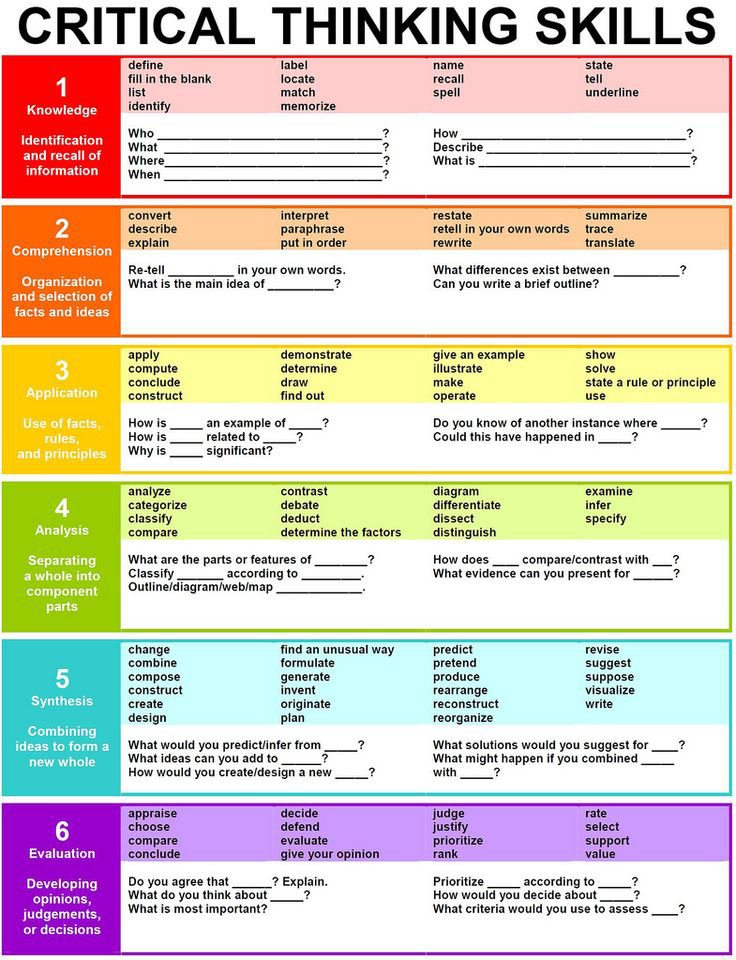
Critical people tend to judge themselves and others on outer things – looks, money, weight, job, partner, house, car and so on. When you define your own worth by externals, then you may be defining others by externals as well.
The way to stop being critical of others is to learn to define your own self-worth intrinsically, which means that you learn to see the beautiful intrinsic qualities of your true self – your caring, compassion, empathy, kindness, generosity, creativity, playfulness, sensitivity and so on.
When you are able to see and love and value your own true self – your essence – you will naturally be able to see and value the essence of others. Instead of just focusing on the externals, you will be able to connect with who they are within.
When you are no longer judging and criticizing yourself, you will stop criticizing others.
Criticism is a form of control. The person criticizing hopes to either change the other person with criticism or make themselves feel one-up by putting someone one-down.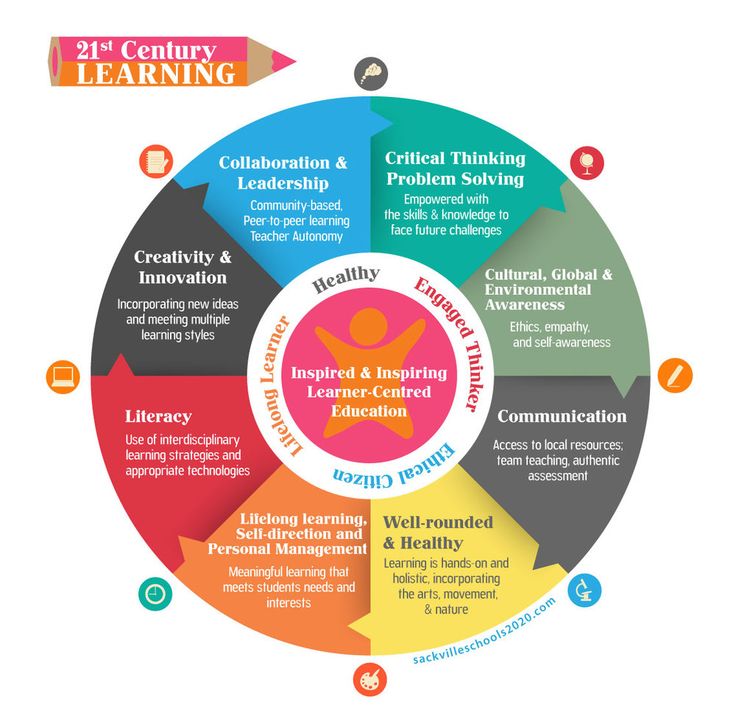
When you learn to define your own worth and give yourself the validation and attention you might be seeking from others, then you can be accepting of others rather than controlling.
Learning to love and value yourself is the key to stopping being critical of others.
James I. Millhouse, Ph.D.
Licensed Psychologist | Author, The Parents Manual of Sport Psychology
Understanding your motivation is the first step
It is important to listen to feedback that you are critical of others because many people who are critical of others do not think they are being that way. If you get feedback that you are critical of others you need to take it seriously due to the potential damage to yourself and others.
If others feel you are critical they may shut you out and feel negative feelings toward you. If they emotionally shut out your message then, even if it could be useful, the value in your message may not get heard.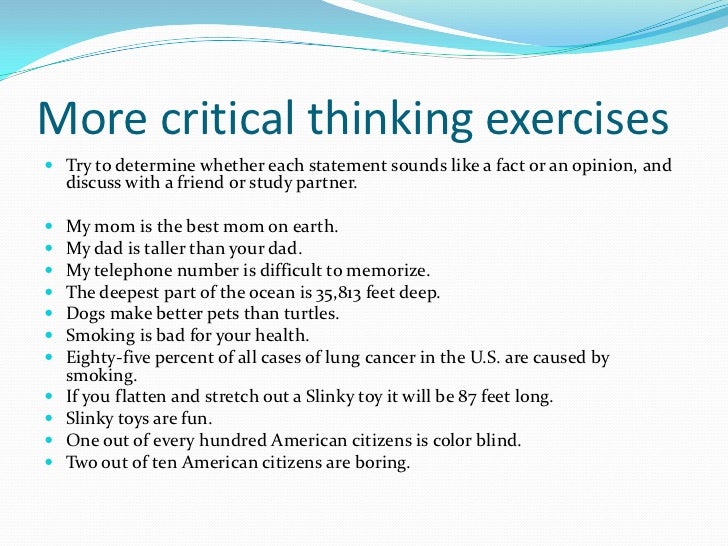 The problem often gets out of hand where people might feel pressured or judged, leading to an undesirable relationship.
The problem often gets out of hand where people might feel pressured or judged, leading to an undesirable relationship.
People are critical of others for different reasons and it may be valuable to you to understand your motivation behind the behaviors seen as critical of others.
Some people are critical of others as a way to exert dominance, which creates resentment and communication problems. Other people are critical of others because they are critical of themselves and think this is the best way to be, so it gets generalized to others.
However, the largest group of people are critical of others because they think they are being helpful.
So understanding your motivation is the first step. If it is to be helpful then a good way to start the communication is to ask if the other person would like some feedback or suggestions.
You must not tell them what they ‘should‘ do because that can easily foster resentment. If they are open to some information then sharing what you see as the behaviors and consequences that result may be a good way to start the conversation.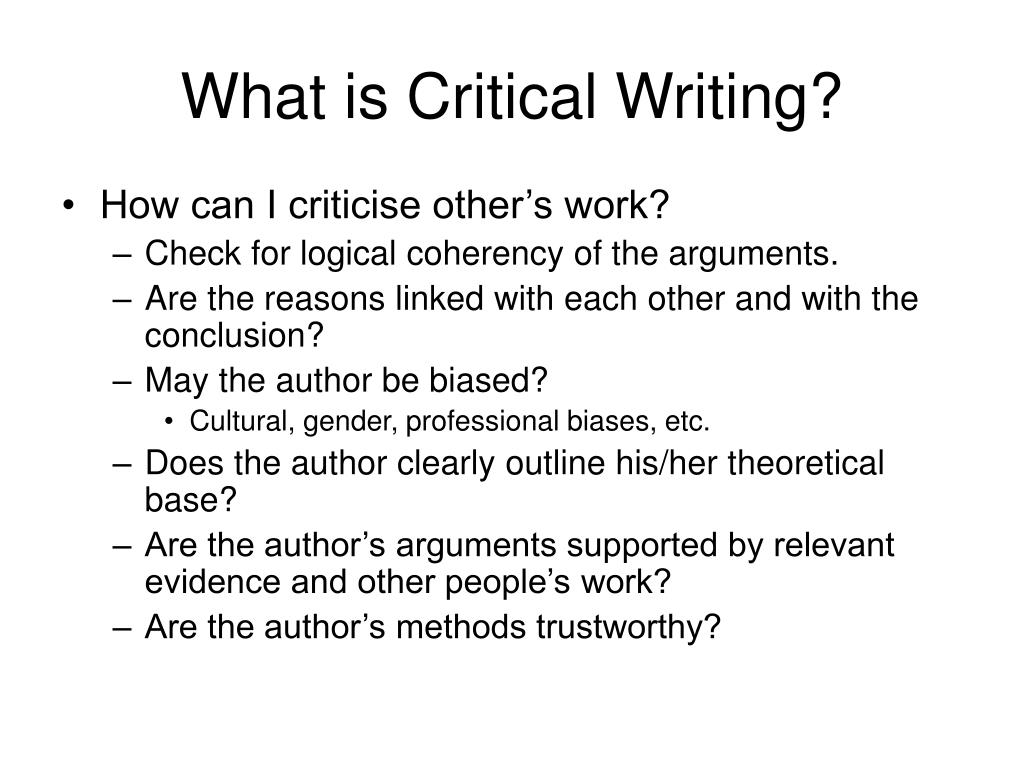
Essentially you are giving them your perception of their activity and the result, but you must avoid resentment. There are rules for giving and receiving feedback that can be a guide to upgrading your ability to communicate your thoughts more effectively.
Megan Gunnell, LMSW
Psychotherapist | Speaker | Writer | International Retreat Leader
Assume everyone is doing the best they can
Stop being critical of yourself. Most judgment and criticism come from feeling susceptible to judgment ourselves.
If we feel insecure or self-conscious around a specific issue (weight, finances, parenting ability, anything) then sometimes we search hard to find someone who looks like they’re doing it worse and we highlight their shortcomings or limitations in that area to make ourselves feel better. The problem is, it never makes us feel better!
We can also reduce the criticism and judgment of others by assuming everyone is doing the best they can.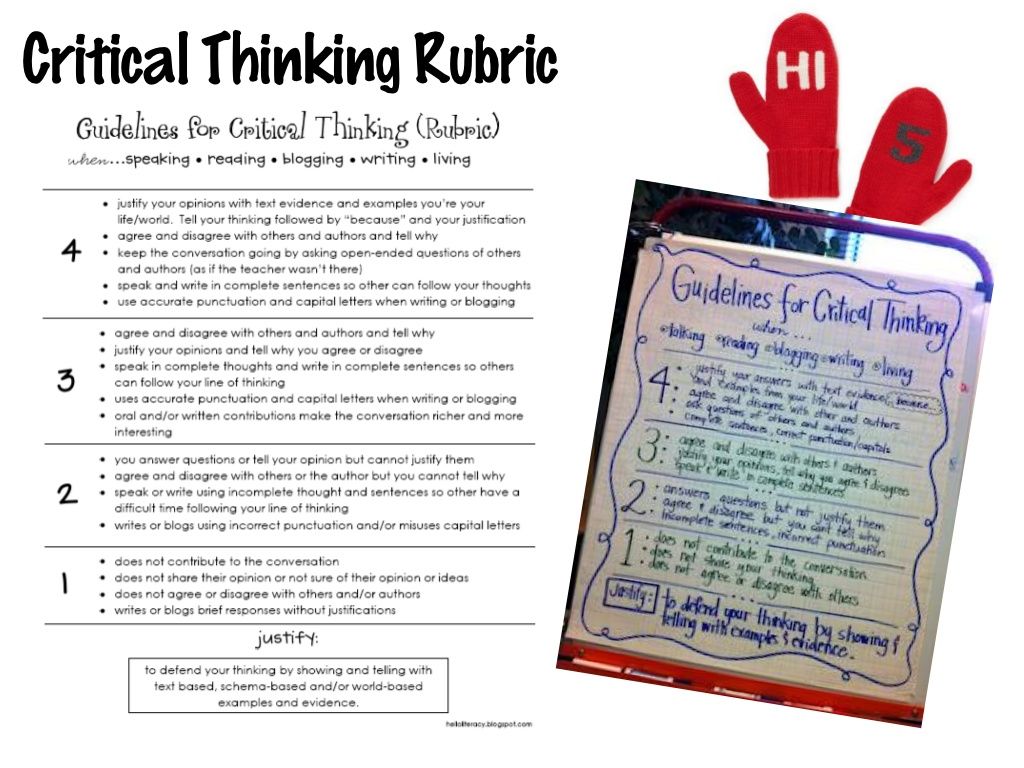
If we approach situations from that perspective then we don’t criticize them for not meeting our expectations. Instead, we assume the best in others in a compassionate way. We cannot possibly extend compassion or kindness to others though if we are cruel and harsh on ourselves.
Self-care, self-love, and self-compassion are an important part of learning how to extend kindness and compassion to others.
Morella Devost, EdM, MA
Counselor | Clinical Hypnotherapist | Holistic Health Coach
Perspective shifts that can help us observe our critical thoughts and words
In my work with my clients (and in my work on myself), I have three perspective shifts that can help us observe our critical thoughts and words:
Our judgment is really a reflection of ourselves
As the old saying goes, when we judge others we have “one finger pointing at the other person, three fingers pointing back at us.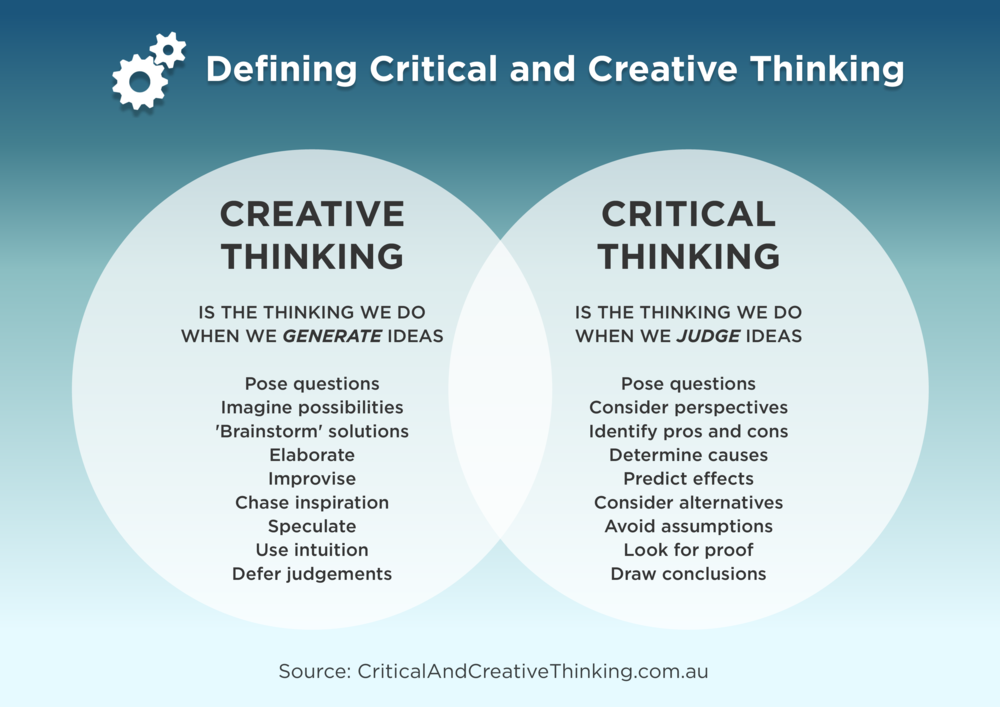 ”
”
This saying helps us reflect on the fact that whenever we’re judging or criticizing someone, in all likelihood we, ourselves are guilty of that same fault or flaw in some way. So the question to ask ourselves is this: How am I guilty of that as well? In what way is my judgment a reflection of me?
Our judgment is really a reflection of our own feelings smallness and vulnerability
When you look closely at judgment or criticism, you realize that the act of criticizing is an attempt to raise ourselves above the other person; to feel that we are better than them, more righteous, more worthy.
Seeking to feel superior only comes from our own smallness, because if we were in profound self-love we would have compassion rather than judgment. So then the question to ask ourselves might be: How am I feeling small that I need to make myself feel superior by judging this person?
We can choose to see through the eyes of love and compassion
This is the PRO level.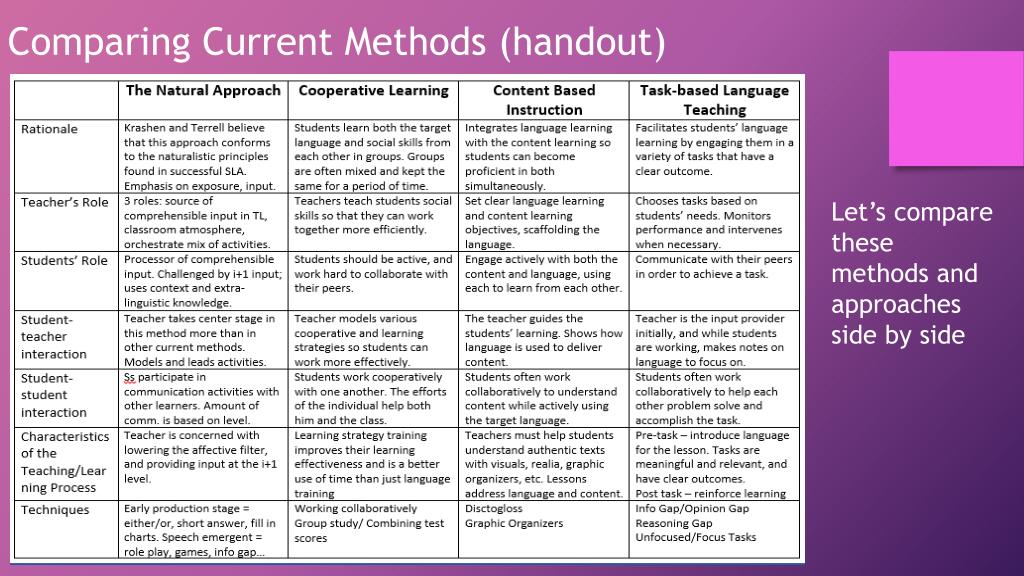 When we are capable of shifting into a loving stance rather than a critical one, we can look at the same situation with different eyes.
When we are capable of shifting into a loving stance rather than a critical one, we can look at the same situation with different eyes.
When we do, we may see where the other person’s wounds, fears and vulnerability, and feel compassion for them. Or we might see their beauty, courage, and uniqueness, and respect them for it.
So the question to ask to get to this point of view is this: If I look at this through the eyes of love, what do I see?
Leigh-Ann Larson, M.Ed., LMHC
Licensed Mental Health Counselor | Founder and CEO, Elevate Counseling Services
You need a change in perspective and reframe your thoughts
You can stop being critical of others when you stop “scanning the environment for what is wrong and start scanning the environment for what is right.”
When you live looking for problems, looking for the bad stuff, things that trigger your anger, fear or judgment, you are going to find it. Likewise, if you live your life looking for the things in others that you enjoy, make you laugh, smile or feel good about yourself, you will find these things as well.
Likewise, if you live your life looking for the things in others that you enjoy, make you laugh, smile or feel good about yourself, you will find these things as well.
When you want to change negativity and judgment, you need a change in perspective and reframe your thoughts about what you are focusing on.
Read related article: The 19 Best Positive Thinking Books
Like a photographer changing the focus on their camera with each changing environment, you need to change your focus with each new relationship that you engage in that triggers the inner critic. Instead of the negative, choose to look for what is good, right and authentic in people. This is the key to living a more peaceful and less critical life.
Ann Ball
RMT Certified Coach
Add the phrase “just like me” at the end of your statement
We all do it. I’m famous for getting behind the wheel of my car, getting out on the road, only to start cursing out the person in front of me who is either driving insanely slow, didn’t hit the gas to get through the yellow light, or cut me off. And so I judge. My cursing is filled with a judgment of the driver in front of me. Just like me.
And so I judge. My cursing is filled with a judgment of the driver in front of me. Just like me.
Yes, that’s what I said. Just. Like. Me.
When we judge others, we are holding up a mirror to our own personality. It bothers you because it’s a representation of you.
Have I ever driven insanely slow? I have in the eyes of some.
Have I purposely not hit the gas to get through the yellow light? On occasion.
Have I cut people off in traffic? Yup. I absolutely have.
It’s easy to find fault with others, but it’s not so easy to see those faults in yourself. One of the best ways to recognize these faults is to add the phrase “just like me” at the end of your statement.
When you start to recognize the things you don’t appreciate about yourself, you have created space where you can CHANGE!
You now have a choice to change or accept these behaviors.
I’ve made many changes over the last several years. I’ve recognized behaviors that don’t serve me and I’ve changed them. I’ve also recognized behaviors that I LOVE about me and embraced them! The behaviors I’ve embraced I don’t judge in others. If anything I give them a high five and “good for you!”
I’ve recognized behaviors that don’t serve me and I’ve changed them. I’ve also recognized behaviors that I LOVE about me and embraced them! The behaviors I’ve embraced I don’t judge in others. If anything I give them a high five and “good for you!”
Try it today. When you find yourself passing judgment on someone, say to yourself (or out loud) “just like me”. You may feel a little confused but search inside yourself for the same behavior. Once you find it I guarantee you’ll feel enlightened, and you’ve now given yourself the choice to change it or embrace it.
Nyaima Smith-Taylor
Co-Creator, Art & Alchemy
Being critical of others comes from one word – Judgement. If you are judging others harshly, it usually means you are judging yourself severely.
There are three ways to minimize judgment, and by extension become less critical towards others and yourself:
- Awareness. Be aware of the moments you have judgemental thoughts.
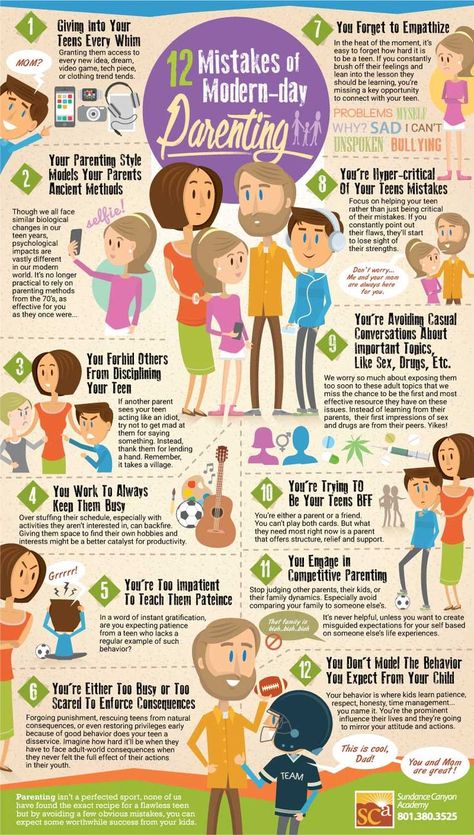 Dispel that thought by challenging it. Challenge yourself to look at the situation or person differently. And don’t judge the judgment. Just allow it to be. When you step back and look at the judgment as an idea you have with non-attachment you are able to place it in perspective.
Dispel that thought by challenging it. Challenge yourself to look at the situation or person differently. And don’t judge the judgment. Just allow it to be. When you step back and look at the judgment as an idea you have with non-attachment you are able to place it in perspective. - Be compassionate. What if you find out that the person you are judging had a tragic experience that led them to exhibit the behavior you judged? You don’t have to agree with the behavior. But understanding the potential source can bring out your compassion and temper your judgments.
- Remember what you see is not always the complete story. You don’t know everything. Many times the judgment you are making comes from the fact that you are working with a small percentage of the information. Think about if you had to purchase a house only based on the picture of one window. How many times would you make a bad purchase?
Adam Cole
Author | Musician
I took a Dale Carnegie training.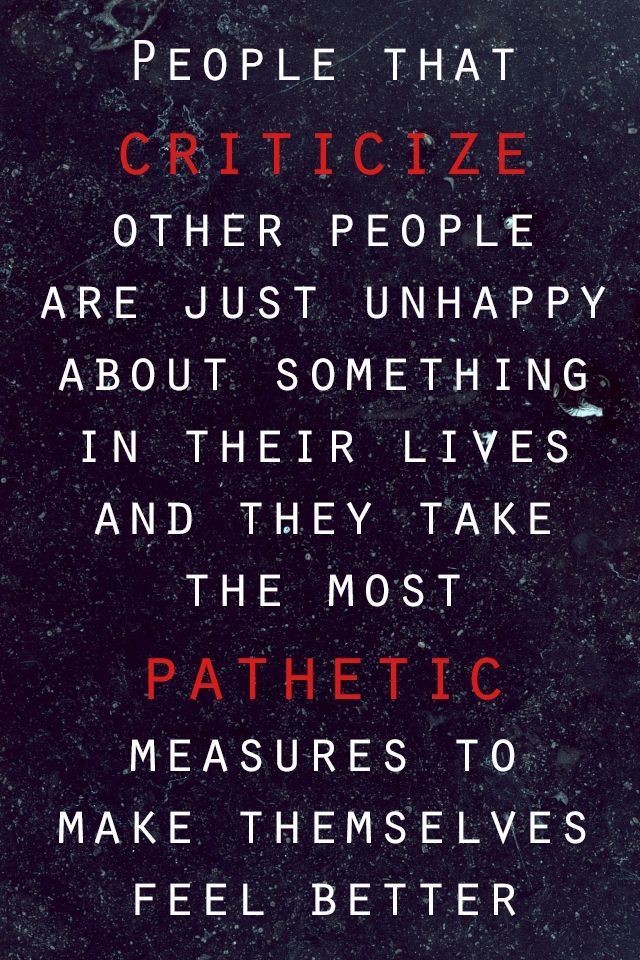 Dale Carnegie is the author of books such as “How to Win Friends And Influence People.”
Dale Carnegie is the author of books such as “How to Win Friends And Influence People.”
Among the most difficult of his suggestions are the “Three C’s: Don’t Criticize, Condemn or Complain.”
It isn’t so much that you have to pretend that someone else’s faults don’t exist. If someone in your life is causing problems, those problems are real. However, telling them about it may not be the best strategy.
In the first place, criticizing someone changes the relationship into a kind of ultimatum: “Our relationship/friendship/workship is at risk because you are doing this bad thing, and it can only be fixed if you stop.”
Then it’s no longer an interrelationship with balance and finesse, but a cause-and-effect see-saw that relies on them to make the next move based on your negative comment.
The second problem is that criticizing someone effectively reduces your power.
Once you believe that someone else is responsible for fixing your broken relationship, you won’t do anything to fix it yourself.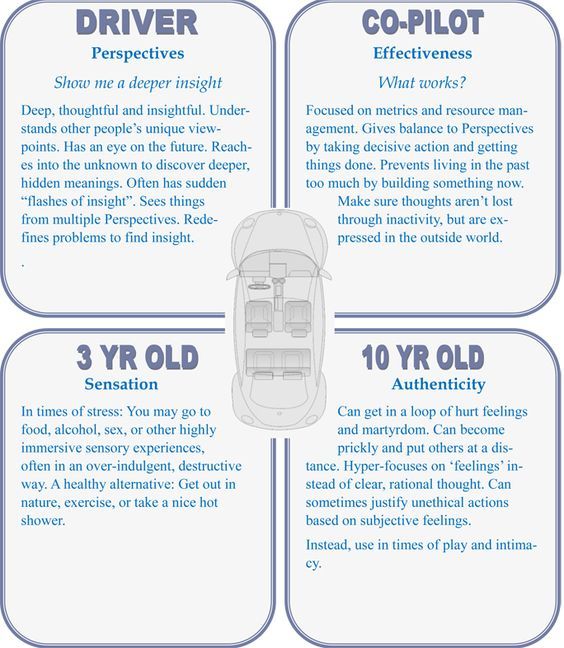 By not criticizing someone, you bring the focus back onto what you can do to improve the relationship and how far that will take you.
By not criticizing someone, you bring the focus back onto what you can do to improve the relationship and how far that will take you.
Of course, at some point, the other person will have to change if the situation is to be rectified. If you have created a situation in which you are actively working to change what’s been happening, and you come in with suggestions for the other person which they can easily implement, you can bring about the improvements you want without ever having to criticize them at all.
The whole thing isn’t about them anymore, it’s about what the two of you want to do together and how to do it.
Katie Ziskind
Licensed Marriage and Family Therapist, Wisdom Within Counseling
In order to stop being overly critical of others, it starts with yourself
When you speak to others, it is a reflection of your inner landscape and the way you talk with yourself. If you beat yourself up emotionally, tell yourself that you aren’t good enough, and are mean to yourself, you will naturally be critical to others too.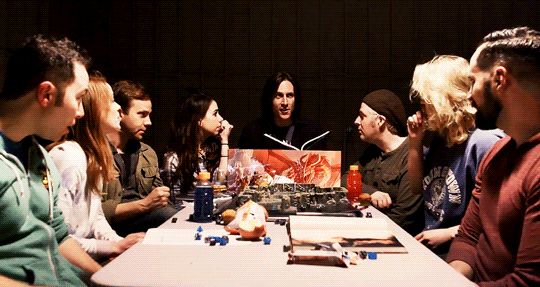
Instead, use positive affirmations, such as, “I am doing a great job, I am calm and at peace, I am good enough, I am perfect at this moment.”
By speaking to yourself with compassion, you’ll be less critical of others in time.
Also, have a friend or trusted partner help keep you accountable. If you are being critical, they can let you know in a gentle, kind way, to help you stay focused on your goal.
Emily Sheera Cutler
Certified Practitioner and Trainer of Emotional CPR
Increase your empathy and compassion for those you are inclined to judge
One way that we can be less critical of others is to practice in our daily lives what is known in the mental health field as “trauma-informed care.”
The core tenet of trauma-informed care is to ask not, “What is wrong with you?” but, “What happened to you?”
Trauma-informed care assumes that every person is doing the best they can with the circumstances they’ve been dealt and that however they are behaving is a natural reaction to something going on in their life.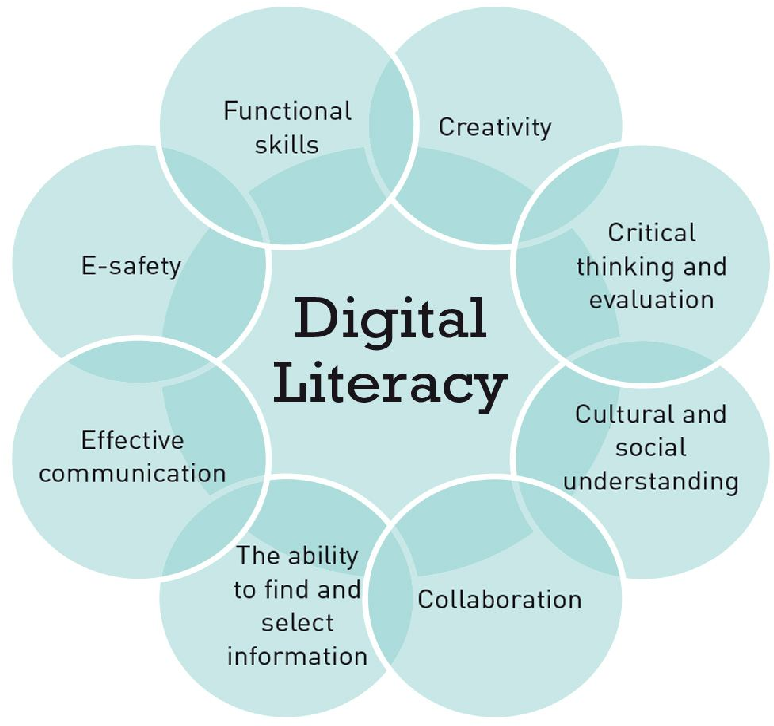
The principles of trauma-informed care don’t just apply to those who have undergone brutal acts of violence or severe loss; they can also be applied to the smaller traumas of daily life – social and romantic rejection, financial hardship, workplace bullying, unemployment, family dynamics, etc.
When you find yourself criticizing someone else, stop and ask yourself, “What might this person be going through that I don’t know about? What might be causing this person to behave in a way that I find strange or rude?” Reflecting on these questions can help increase your empathy and compassion for those you are inclined to judge.
Caleb Backe
Health and Wellness Expert, Maple Holistics
If you want to be less critical of others, you need to start with being less critical of yourself.
If you practice treating yourself with more encouragement and compassion, you’ll begin to start treating others that way as well.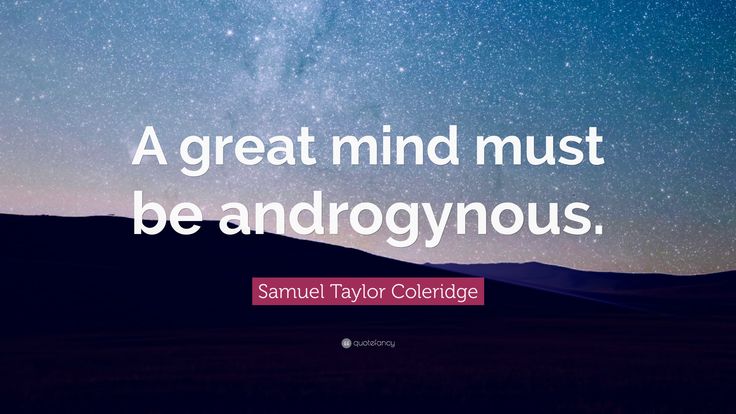
If you have a criticizing thought, you can say something positive instead. Practicing how you want to behave will train your mind how to think differently.
You can also try to be more empathetic. Before you criticize someone, put yourself in their shoes. There is definitely a reason why they are behaving the way they are, it’s just your job to figure out why.
If you can’t find a reason, just know that everyone has their reasons, whether they’re good or bad doesn’t give you the right to judge them.
Wendy Toth
Editor-in-Chief, PowerSuiting
One of the first things you learn in journalism is to find out the “5 W’s and 1 H” of any story you write:
- Who
- What
- When
- Where
- Why
- How
If I’m tempted to be critical of someone, I’ll quickly run through these factors in my mind. If I’m missing any of them, it’s usually the “Why” or the “How. ” I will then withhold judgment until I find out: “Why” someone may have acted a certain way; or “How” they came to the decision I’m being critical of.
” I will then withhold judgment until I find out: “Why” someone may have acted a certain way; or “How” they came to the decision I’m being critical of.
Once things are put into context like this, the criticism melts away. The “5 W’s and 1 H” approach takes a little time to develop, but it is a powerful framework for producing empathy and understanding.
Charlene Corpus
JRNI Certified Life and Business Coach
Criticism happens when we focus on another’s flaws and pass judgment but others aren’t the cause of our unhappiness – we are.
We blame and project outwards onto others because it’s easier than taking responsibility. Instead of being critical, we can turn inwards and kindly ask ourselves, “What am I getting out of criticizing XYZ for this? What’s the feeling at the root of my criticism?”
Sometimes we’re reacting out of fear or jealousy. It takes time and self-awareness, but with practice and grace we can stand above and look at our criticisms without getting lost in our emotions causing them.
Tarisha Clark
Founder | Editor-in-Chief, I AM & CO
The best way to stop being critical of others is to remember that everyone is working with a different set of tools.
These tools include our upbringing, our emotional state, our mental state, major life experiences, and ingrained beliefs. There’s so much variety in what shapes our decisions and that variety are what makes us human.
That variety is also what causes friction between us. But, when we remember that everyone is doing the best they can with what they know it allows us to grant others the same grace and freedom to grow that we want for ourselves.
How useful was this post?
Click on a star to rate it!
We are sorry that this post was not useful for you!
Let us improve this post!
Tell us how we can improve this post?
What is critical thinking? | RBC Trends
Critical thinking is a system of judgments that is used to analyze things and information, interpret phenomena, evaluate events, and also to draw objective conclusions.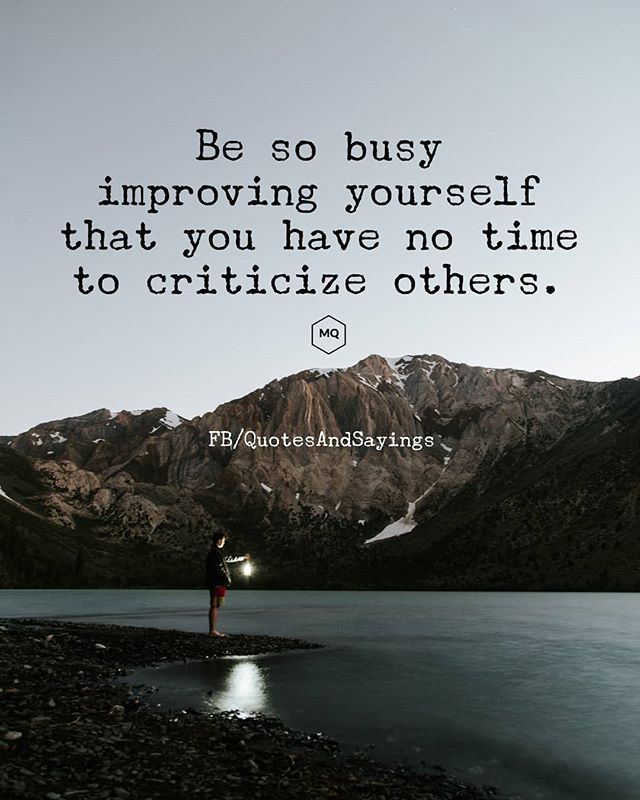
Is it easy for you to determine the connections between ideas, to notice inconsistencies in the argument of the interlocutor? If so, congratulations, you are a critical thinker. What is it and what does the GLOBUS have to do with it, says Nikita Nepryakhin.
Author — Nikita Nepryakhin, head of the School of Critical Thinking, co-author of the book Critical Thinking, author of monographs on psychology, oratory and self-development. Winner of the Trainings award as the best business coach in Russia in 2013.
1. What is critical thinking?
Critical thinking is an important soft skill. A person with developed critical thinking has a whole set of skills - this is observation and the ability to justify one's point of view, focus on studying information and the ability to apply analytical skills in a variety of situations.
2. Where can critical thinking come in handy?
Everywhere. This is not an exaggeration: the ability to think critically can be useful in any area of our lives, both for children and adolescents and adults.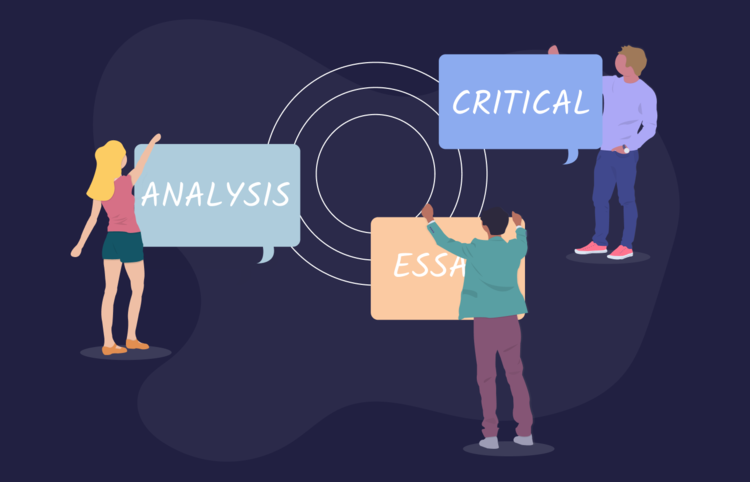
A person who has critical thinking is able to:
- understand the logical and cause-and-effect relationships between different ideas and concepts;
- quickly analyze the judgments of others and evaluate them;
- competently construct their own arguments and convey them to others;
- notice inconsistencies, inconsistencies and common mistakes in logic and reasoning;
- note the importance and relevance of ideas to the general context;
- reflectively evaluate their own opinions and beliefs.
3. What is a GLOBUS?
To answer the question “how does it feel to think critically?” in more detail, I developed a system of six requirements [1].
To make them easier to remember, a simple abbreviation was formulated - GLOBE, where each letter reveals a specific aspect of the concept.
G — flexible thinking
This criterion is one of the key ones.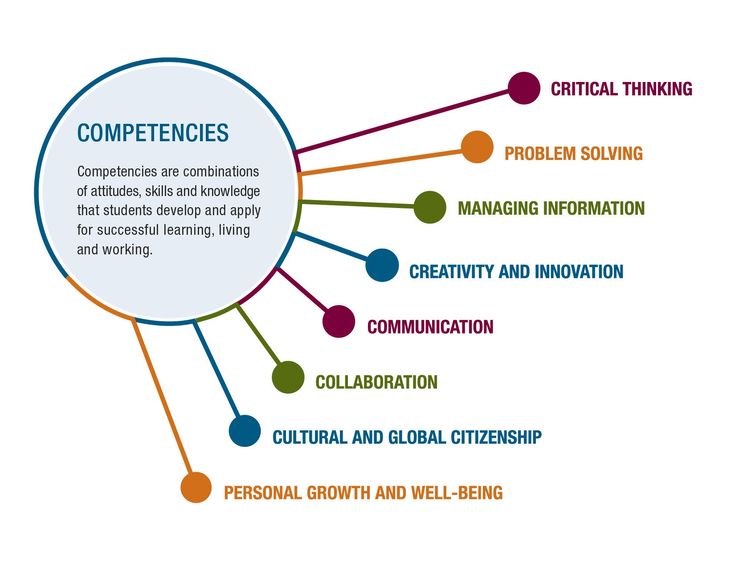 The world is changing at an incredible speed, therefore, in order to adapt to absolutely any conditions, we must change along with it.
The world is changing at an incredible speed, therefore, in order to adapt to absolutely any conditions, we must change along with it.
This means the ability to "juggle" different options for action, going beyond the usual. This is the ability not only to quickly look for new strategies, but also to reconsider your decisions, to abandon old views if they turn out to be wrong. A person with flexible thinking does not see the situation unipolarly, and even if something did not work out for him, he does not give up, because there is always another alternative.
An inflexible person is a hostage of his attitudes and stereotypes. He is uncompromising, categorical and intractable. Only the flexibility of thinking, character and behavior helps to avoid unnecessary conflicts and unnecessary stress.
L - logical presentation
Usually, when we talk about logic, we mean the ability to reasonably reason, abstract, analyze, draw reasonable conclusions and act consistently.
Critical thinking and logic are like Siamese twins: it is impossible to imagine a critically thinking person who is not able to understand, for example, causal relationships. However, any logic is powerless in itself. It will triumph only if there are other criteria.
M - Reasonable judgments
Third item closely related to the previous criterion. Critical thinking is impossible without a convincing argument. Proving any position, a critically thinking person will never say: “Yes, I’m telling you!”, “Trust me!”, “I said, period!”, “Yes, even a fool understands this!”. Demanding other logical and proven arguments, he himself will never slip into unfounded statements.
He will not take any thesis on faith without an adequate evidence base: confirmed facts, statistics, solid scientific research, references to specific experience.
B - dispassionate approach
This means not adjusting logic to your selfish desires, striving for justice, being able to control your emotions and calmly perceive reality.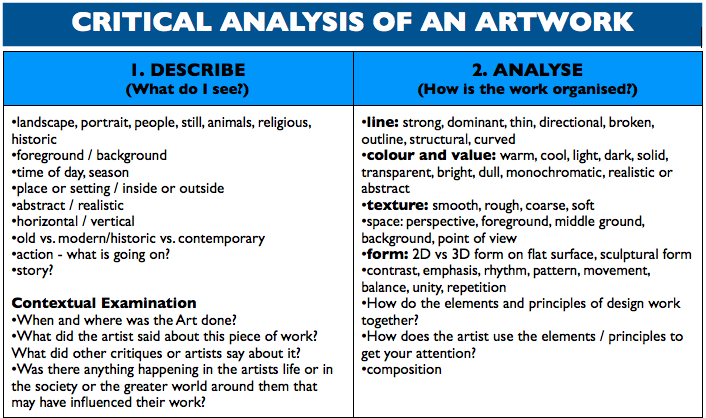 To think as if from the third person of a kind of arbitrator.
To think as if from the third person of a kind of arbitrator.
Perhaps this is one of the most difficult criteria. It is difficult to be impartial, because in our head there are many formed mental programs, suggestions, beliefs and attitudes. And our ego, at times, selfishly influences thoughts and actions. To avoid this, you need to ask yourself questions more often: “Does my subjective attitude speak in me?”, “Is there no personal interest in this decision?”, “What would a person from the outside do?” and so on.
Absolute impartiality is impossible to achieve, but everyone should strive for it.
U - ordered thoughts
Thinking critically means thinking in an orderly, systematic, sequential, organized way. It requires putting things in order in your thoughts. In a mature and strong mind there can be no chaos, eccentric, chaotic thoughts: they give rise to disorderly speech, then unsystematic decisions follow, which ultimately leads to a disorganized life.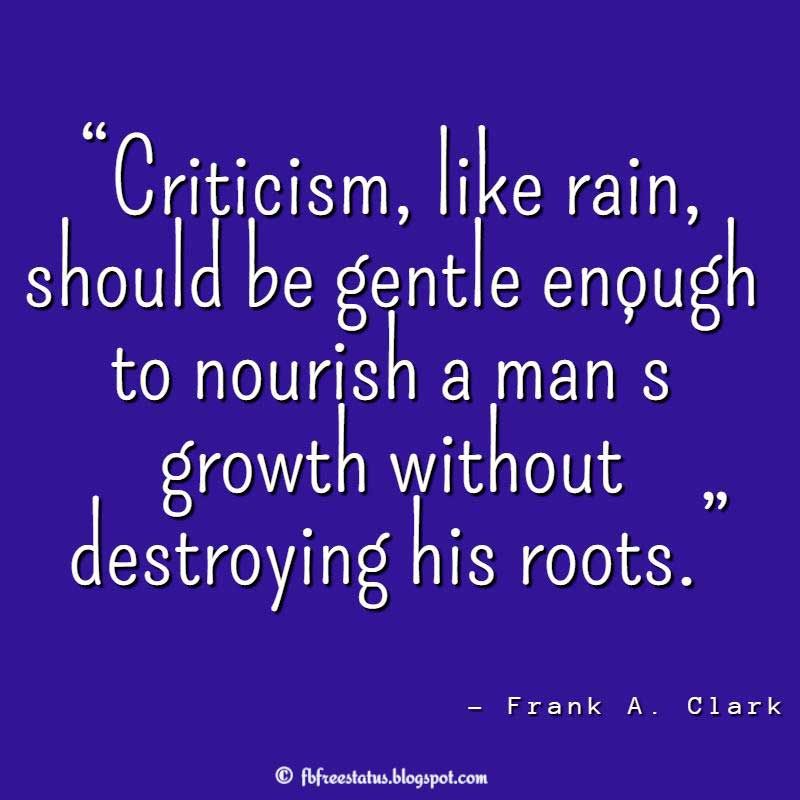
Harmony can only be born in order. A person who thinks in an orderly manner, makes consistent decisions, systematically evaluates information, masterfully masters analysis and synthesis. It is difficult to confuse or knock it off a clear semantic line.
C - independent thinking
A critical thinker is an independent thinker. Of course, we can listen to the opinions of others, the main thing is that it be a conscious decision. You need to think for yourself not in spite of, for someone, a demonstration of adulthood and how original you are. This must be done for yourself. Otherwise, others will think and make choices for you.
But there can be no complete autonomy, this is already isolation. We are not Robinson Crusoe on a desert island, we are social beings interacting with each other and living in a single information field according to special rules. To paraphrase a well-known expression, we can say that our independence ends where the independence of another begins.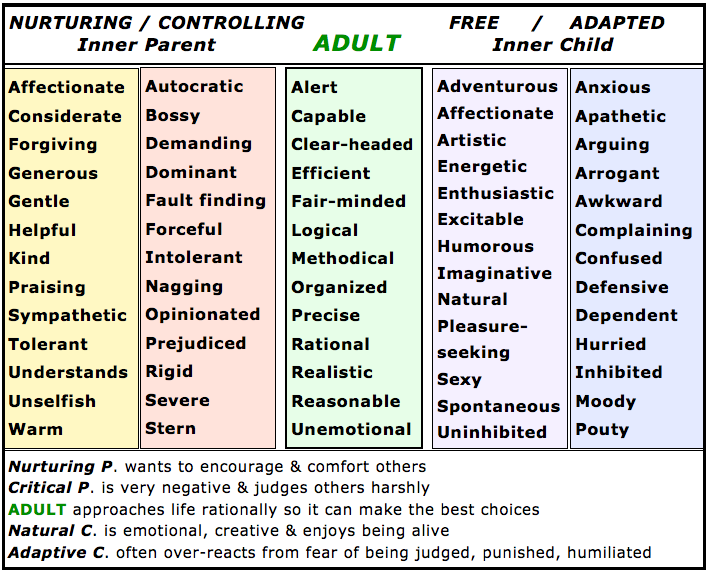
4. How to apply critical thinking?
There are many ways. Professor Samantha Agus, in a TED-Ed video tutorial, offers a five-step approach.
-
State the problem. For example, you are invited to try a diet that promises results in two weeks. Determining a personal goal - lose weight, improve nutrition - will make it easier to critically evaluate this information and relate to your needs.
-
Gather information. You can ask the experts for advice. This will help evaluate all alternatives.
-
Use the information. Ask yourself a series of critical questions: “What am I guided by in this situation?”, “Do I believe that I am being told the truth?”, “Does my interpretation of the information sound meaningful?”, “What responsibility lies ahead?”.
-
Think about the consequences.
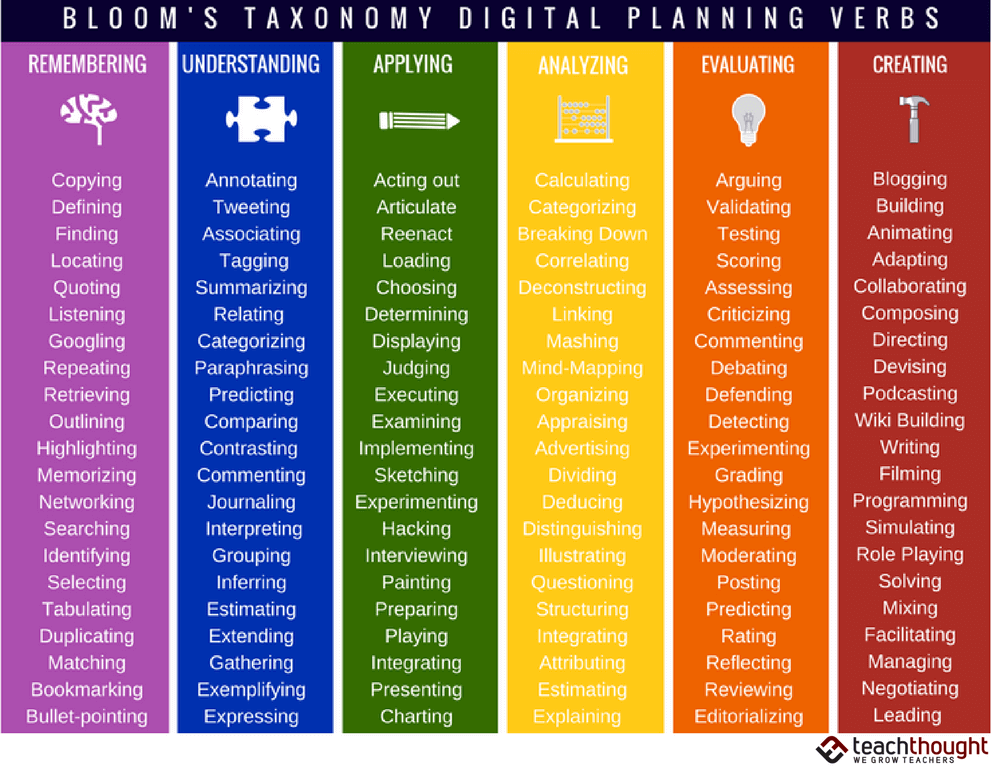 Let's say a candidate during the election race promises to reduce the cost of gasoline at gas stations. Sounds great, but what about the long-term environmental impact? It is always worth thinking about the impact of certain decisions on future events.
Let's say a candidate during the election race promises to reduce the cost of gasoline at gas stations. Sounds great, but what about the long-term environmental impact? It is always worth thinking about the impact of certain decisions on future events. -
Explore other points of view. This will help you see your options, evaluate your choices, and make an informed decision.
How to develop critical thinking
Learning to think critically is not an easy task. It's like learning a foreign language - at first everything seems complicated and incomprehensible, but when you understand the logic, it becomes easier.
To develop critical thinking, practice the skill on specific cases. Question the abstracts and arguments of this article, check references to studies or the competence of experts. Then — learn how to work with critical thinking tools:
- use information verification techniques;
- take into account cognitive biases;
- do not fall for arguments errors;
- get out of information bubbles.
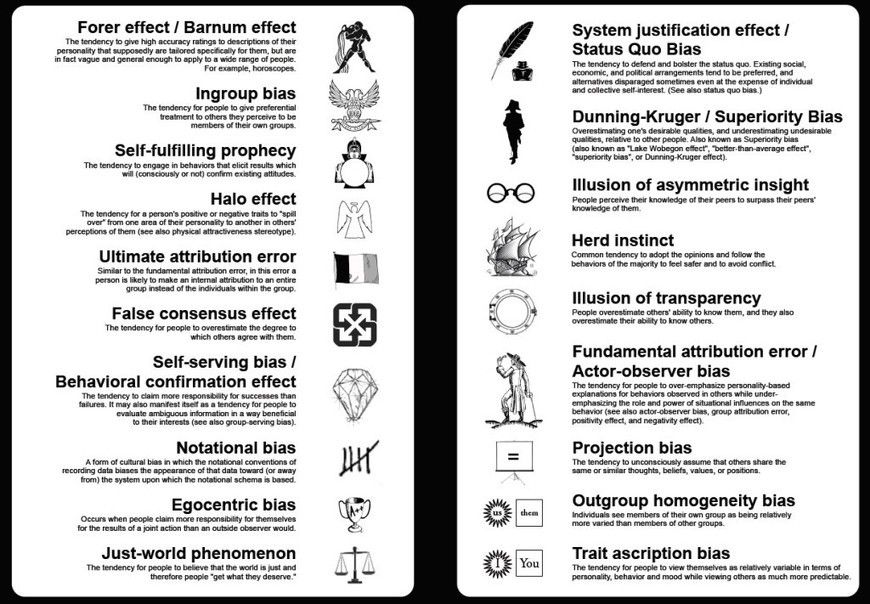
Viktor Mutiev, Candidate of Pedagogical Sciences, Associate Professor of the Department of Medialogy and Literature, Head of the Department of Scientific and Creative Programs, St. Petersburg State Institute of Cinematography:
“In order to learn a foreign language, we are immersed in the language environment as much as possible. For example, with games, learning a language seems like an exciting adventure rather than hard work.
With critical thinking techniques, the situation is more advantageous - we are already immersed in an environment in which it is extremely important to apply them. It remains to take the second step - to come up with your own algorithm for developing critical thinking skills. It can be micro-studies looking for primary sources or games to find more euphemisms in political texts and jargon in TV news.
Your task is to take one aspect or technique of critical thinking and work with it in different contexts, trying to understand all its possibilities.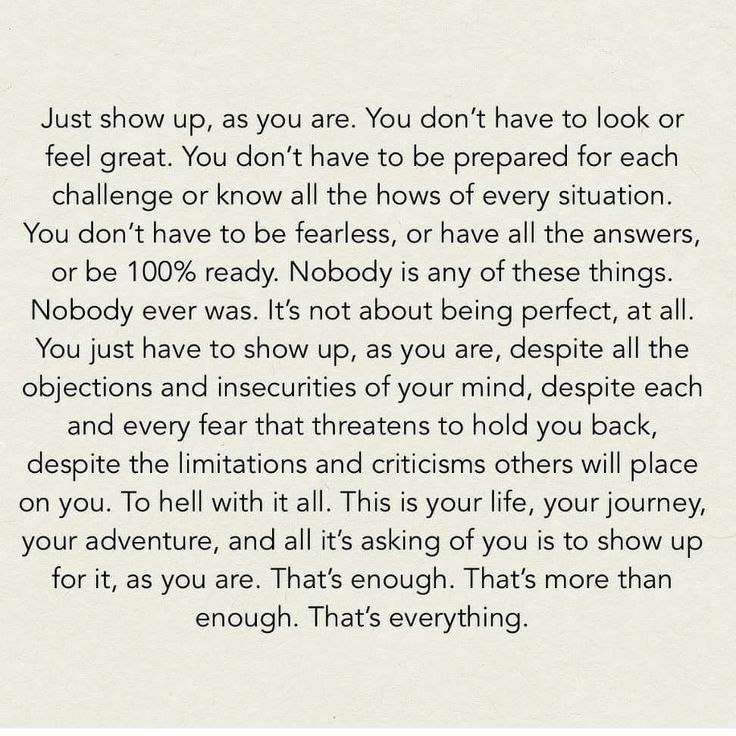
One of the basic information verification methods is “5W+H”. This is a system of questions that should be asked to all incoming information. In the short version they look like this:
- What? — what happened?
- Why? - why did this happen?
- Who? - who reported it?
- Where? - where did it happen?
- When? - when did it happen?
- How? — how did it happen?
To check the authenticity of the news, try to find the answers to these six questions. If they suit you, most likely, the journalist is honest, and the information is true.
Critical thinking is one of the ten most important and in-demand skills by 2025 according to the World Economic Forum [2]. To solve complex ethical, economic and environmental problems in the future, you need to learn how to work with information and your own thinking now.
At the same time, critical thinking is not a panacea. Not a one-stop-shop against fake news, disinformation, and fallacies of reasoning.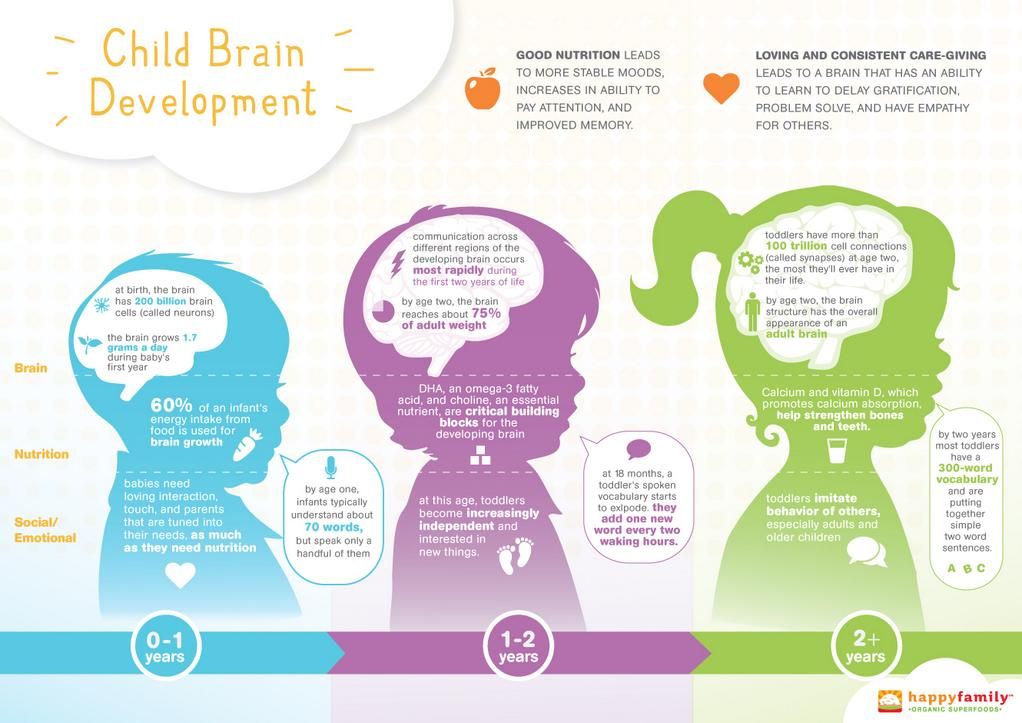 Critical thinking creates a framework for reflection that will help you deal with uncertainty in the future.
Critical thinking creates a framework for reflection that will help you deal with uncertainty in the future.
More information in the RBC podcast Trends on the development of critical thinking. The guest of the broadcast is Taras Pashchenko, co-author of the book Critical Thinking. Iron logic for all occasions.
Critical thinking
How often do you have to work with information and process everything you see and hear in your daily life? Do you trust everything you learn unquestioningly, or do you still evaluate its reliability? Are you looking for confirmation and proof of what you think is right or wrong? Do you argue your position when communicating with other people?
You will most likely answer yes to all of these questions (or at least most of them). And it says that literally every day you are faced with the need to think critically. This is true, perhaps, for most of us. But doubts and the search for reliable facts do not mean at all that we can think critically correctly and do it effectively.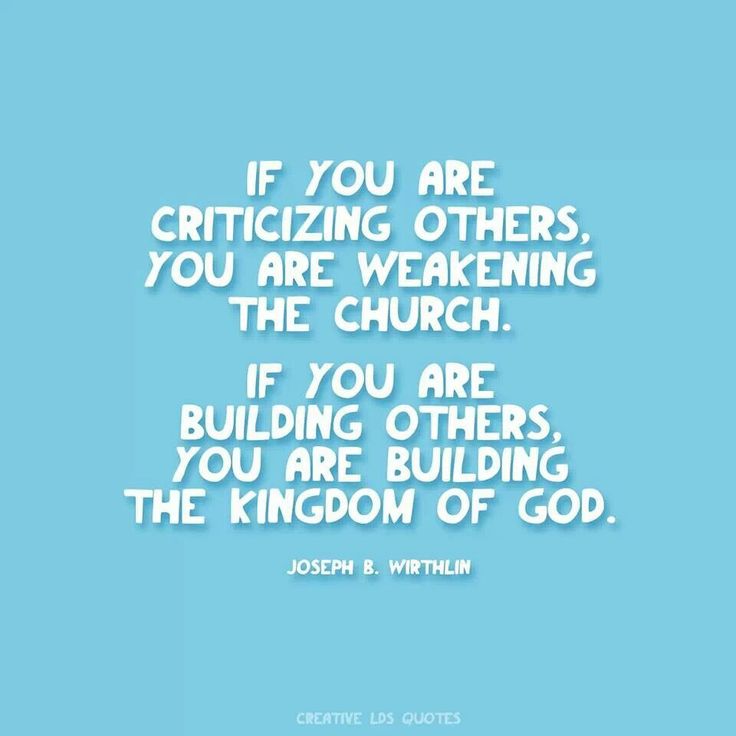 Based on what exactly we are doing in life and at the current moment, we can apply different levels of critical thinking.
Based on what exactly we are doing in life and at the current moment, we can apply different levels of critical thinking.
In everyday life, we have to take on faith quite a lot of different things, otherwise we would have to scrupulously study and check any little things. Therefore, we ourselves have the right to decide when and how much information we may need, whether it is worth questioning and verifying it, and to what extent.
Simply put, critical thinking is both the ability to determine when, where and what information we need, and the ability to choose the optimal type and level of complexity of data for each specific case. But not every person has such skills, and the technology of critical thinking is not taught everywhere. However, the importance of the ability to think critically is undeniable (we will talk about this later). Anyone can learn how to do this, including you. And specifically for this, we have developed the presented course.
Content:
- What is critical thinking?
- Why be able to think critically?
- Critical Thinking Case
- Methods for developing critical thinking
- Building a critical mindset
- Lessons in critical thinking
- How to take classes?
- Books on critical thinking
- Celebrity Quotes on Critical Thinking
So, let's get acquainted with the course.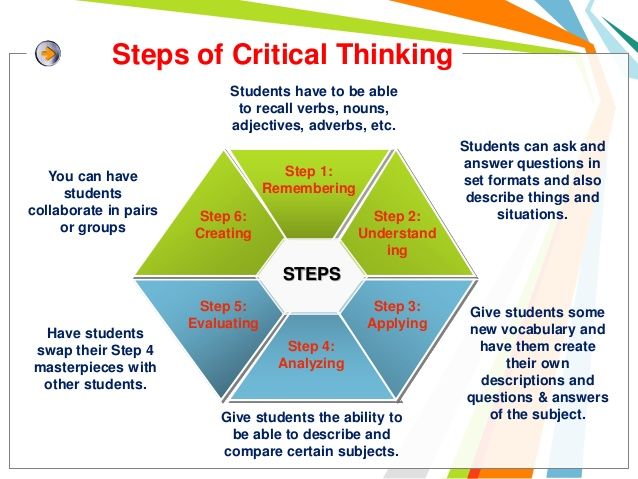
What is critical thinking?
Critical thinking is a system of judgments used to analyze phenomena, things and events and then formulate reasonable conclusions. This is how people get reliable assessments and interpretations, as well as the opportunity to apply the results to the problems and issues that are relevant to them.
Critical thinking promotes an objective view of ideas, decisions and actions, allows you to identify weaknesses and establish the veracity of facts and assumptions, based on logic and cause-and-effect relationships. However, critical and logical thinking should never be confused.
Critical thinking, together with logical thinking, gives a person the opportunity to find patterns, predict scenarios, determine the relationship of objects, objects and phenomena without the need to immerse themselves in serious research, competently substantiate their point of view using language tools.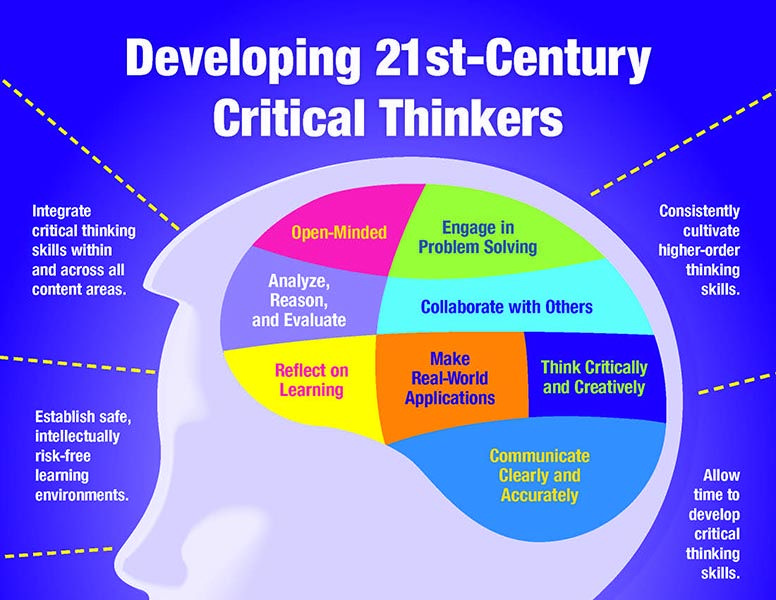
Looking more closely, critical thinking training offers us a myriad of benefits that can be of practical benefit in the personal, social, and professional fields.
Why be able to think critically?
We need a critical approach everywhere. In order not to be unfounded, we will give only a few examples of its practical benefits: various tasks. A person who is able to think critically, can: In addition to this, the development of critical thinking also forms a number of auxiliary skills, such as: It often happens that a person overestimates his ability to critically comprehend what he sees, hears, reads; what he encounters at school or at work. We can assume that you already use some critical thinking skills (you know good and bad, don't you?). But as you get older, educated, and have new life and professional experiences, you will certainly need more advanced skills. The more skills you master, the more confident you will be in dealing with new projects, challenges, and challenges. Critical thinking is an intellectual activity, and in order to master it, you need to have good theoretical and practical materials. These include our course "Critical Thinking", in the lessons of which you will get acquainted with all its basic elements. Aspects of the ability to think critically, which are considered in our course, can be successfully applied in training and work, in preparing presentations and writing scientific papers, in resolving conflict situations and everyday problems. Course Objective: to learn in depth the principles and techniques of critical thinking and teach you how to use them with confidence. The main information, as it should be assumed, will be given in the lessons (we will touch on their content later), but now we want to talk a little about practice. Before you move on to the development of critical thinking, we suggest you solve a case and check how well this skill is developed in you now. In this task, you need to read the text carefully and complete the task below it. Click "Open Case" to get started. Statistics Full screen On the other hand, it helps a person to grow and develop personally. The technology for developing critical thinking is such that you need to train regularly, and you can start such training at any age. Systematic classes allow you to reach a new level of development and new goals. Learning to think critically takes time. Almost always, a person has free time, just spends it on unnecessary activities, for example, watching TV, “hanging out” on social networks or playing computer games. And the first step to critical thinking should be taken right here - to critically assess where your free minutes and hours go. Another way to start learning a new skill is to analyze your day every day: what did you do, what successes did you achieve, what were the failures, what did you make mistakes, etc. When the analysis is done, you can begin to make a plan to eliminate errors, exclude chronophages (“time eaters”), and manage time. Even these simple actions will begin to develop your ability to approach everything critically. If you suddenly face a new task, try to search for the maximum amount of information on its solution, consider a variety of options for action and choose the most effective one. Here are some critical thinking techniques. At first, it may be unusual to use them, but this is only a matter of practice. Try to constantly evaluate how you think, what you think about, whether your brain is busy with useful things or doing things where a fair wind will blow. To make your critical learning more effective, form the right approach to everything you do and encounter. This means: 1 2 3 4 5 6 However, applying critical thinking techniques is only one side of the issue. A person in modern society is under constant pressure from other people's opinions. One of the most effective ways to develop a critical mindset is to become as critical as possible of the information that is being spread by the media, advertisements, campaigners, and so on. Not all information people get is true. It is necessary to distinguish between truth and lies and stop believing everything at a word. It is also necessary to think about the prospects, so all situations should be assessed critically, and the action plan should be developed as carefully as possible. Another method of developing a critical mindset is to develop a correct self-assessment. You always need to objectively evaluate yourself and understand the possibilities of your potential and act, taking them into account. At the same time, it is important to improve by reading books (we will give a list of references at the end), leading a healthy lifestyle, gaining new knowledge and improving any skills. Among other things, human behavior is often governed by unspoken rules. If you know them, it will be easier for you to make the right decisions and act effectively. In any unfamiliar situation, you need to be observant and collect as much information of various kinds as possible. As you probably know, people communicate with each other not only verbally, but also non-verbally. This form of communication is highly recommended. Learn to read hidden signals in people's behavior, compare them with what you already know, and only then analyze. Before making any decision, once again weigh all the pros and cons, avoid haste and unreasonable conclusions. Be resistant to pressure from outside, the imposition of someone else's opinion, the influence of advertising, fashion and the media. Careful analysis of everything that happens is a direct path to the formation of a critical mindset and the development of critical thinking. In our course, we will talk about these and many other useful and important things. In developing our critical thinking training course and compiling the material, we tried to take into account only the most important, necessary and useful information suitable for quick practical application. And to facilitate understanding and assimilation, we have adapted it for a wide range of people, including even those who hear about critical thinking for the first time. The course "Development of critical thinking" includes six large lessons, in each of which separate topics are considered and mastered. The information is both theoretical and practical. A step-by-step walkthrough of all the lessons will logically and objectively introduce you to the specifics and techniques of critical thinking. As a result, by the end of the course, you will already have all the necessary skills and competencies. You can use thematic literature as a supporting material. But we will offer a list of the book a little later, but for now we will briefly talk about each of the lessons. Teaching critical thinking is impossible without developing the corresponding skills and competencies. Only in this case can one count on the successful application of the ability to think critically in professional and everyday life. Like any other ability, it has its own specific base, and the first step is to study and master it. In the first lesson, we will talk again about what critical thinking is, what it requires from a person; Here is a list of everything you need to pay attention to. We will also talk about the importance of developing the ability to understand, study the advantages and disadvantages, avoid extremes and give other recommendations for the development of critical thinking and its application in life. Critical thinking is one way of thinking used by scientists and researchers around the world. This indicates that it is directly related to the application of the scientific approach (scientific method). The result of mastering it will be the flexibility of the mind, a high level of creativity, rapid generation of ideas and a creative approach to everything you do. At the beginning of the second lesson, you will learn what exactly links critical thinking and the scientific approach, get acquainted with the definition of the scientific method and its brief history. The second part of the lesson is devoted to the types of scientific method and their characteristics, considering the practical benefits of applying this approach. But in addition to theory, you will learn how to implement the scientific method into your life - get more than a dozen of the most effective recommendations from the American scientist Daniel Dennett and, of course, the 4BRAIN team. Making your interlocutor or opponent in a dispute accept your proposed theory or idea is not always easy. Science, education, business, politics, and even ordinary everyday life - everywhere you need to be able to justify your position and interpret it correctly. From birth, no one has this skill, so it also needs to be developed. The third lesson is devoted to everything related to argumentation: you will learn its definition and understand why it is so important, get acquainted with the structure, rules and criteria for evaluating arguments, master the basic methods of argumentation. We will also talk about the rules and techniques of successful argumentation, present argumentation structures, talk about argumentation tactics and persuasive arguments. Critical thinking is a skill that can and should be developed. In the fourth lesson we will talk about the main barriers to critical thinking: overestimation of the ability to reason, unwillingness to criticize, incorrect assessment of criticism, lack of methods and experience, the influence of emotions, conformism, propaganda, censorship and others. You will learn what American psychologists A. Hall and P. Hill think about such barriers, and how domestic researchers propose to overcome them: B. M. Kedrov, A. V. Antonov, V. V. Mukhortov, R. M. Granovskaya and other. Many people tend to admit that reality cannot always be understood by scientific methods. Simply put, such people are used to thinking irrationally, as a result of which they make many mistakes in life, work and other areas and face completely unnecessary interference and problems. In the fifth lesson you will get acquainted with the definition and characteristics of the irrational, the typology of irrational thoughts and their influence on human life and activities, the causes of irrational thinking. The practical part of the lesson offers effective ways to deal with irrational thinking, and also discusses the benefits of the skill to think rationally. The last century was the century of industry, but the 21st century is the era of information, the importance of which you yourself know very well. Nowadays, any promising, prestigious and highly paid profession is associated with data flows, and the development of critical thinking and training in information skills is extremely important for success in any field. The final lesson is devoted to working with information. From it you will learn why it is needed (strategic, tactical and operational goals), what are the theoretical and practical foundations for finding information and working with it. You may have noticed that each lesson is interesting in its own way and worthy of attention and study. But in order for the information to be perceived and assimilated with maximum efficiency, the teaching of critical thinking in the lessons of our course must be subject to a specific system. It can be difficult to become a professional critical thinker. If initially thinking obeyed other laws and followed habits, restructuring it in a new way causes rejection and discomfort. But if there is a clear goal and you are determined to achieve your goal, it is important to be persistent and use all available means. Our course will become one of the most effective among them. We have already mentioned that the presented material is theoretical and practical. You can take classes the way you want, but we still advise you to follow the existing sequence. It is best to allocate 2-3 days for studying each lesson, of which one will be devoted to reading, the second to repeating the most important points and the third to the practical application of knowledge. Let's not fail to notice that it is the third day that is of the greatest importance, because theory without practice is just a baggage of information that has no real use. Actions, even in cases where they are not supported by theory, always lead to a result, albeit not always to the desired one. We also note that it is useful to combine the teaching of critical thinking in the lessons of our course with the use of auxiliary materials, which in our case are books. Below we offer you a small list of thematic literature. In this supplementary section, we have collected some great writing on the development of critical thinking. From them you will learn a lot of useful information, and your knowledge will become much deeper. The experience of other people is invaluable: firstly, it provides unique information, and secondly, it saves you from many mistakes and mistakes, thereby saving your time and energy. Books on critical thinking: And before you start mastering the main material, we want you to take a little break and rest. Sit back and read what famous people have to say about critical thinking and criticism in general. Let them point you out once more0165 why it is necessary to be able to think critically:
✔ Observe and pay attention to details. 
✔ Study information carefully and with concentration. ✔ Quickly determine the most important, without scattering attention to the secondary. ✔ Respond to key points in messages. ✔ Easily justify your point of view. ✔ Apply analytical skills in a variety of situations.
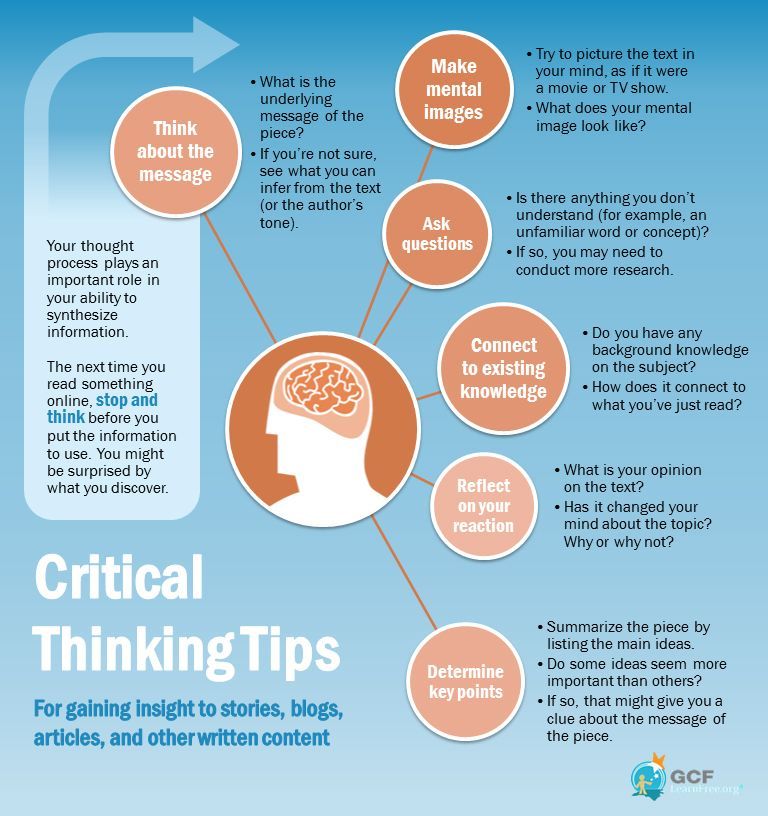 In addition, many believe that they know "more than anyone" and can tell everyone "what's what". But when others do not agree, self-doubt appears and the inability to justify one's position appears. This causes unnecessary problems both in study and work, and in banal communication.
In addition, many believe that they know "more than anyone" and can tell everyone "what's what". But when others do not agree, self-doubt appears and the inability to justify one's position appears. This causes unnecessary problems both in study and work, and in banal communication. 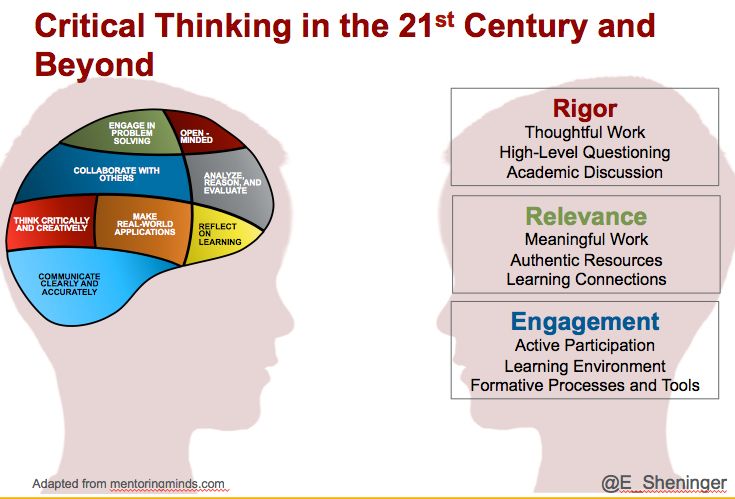
Critical Thinking Case
Critical thinking development methods
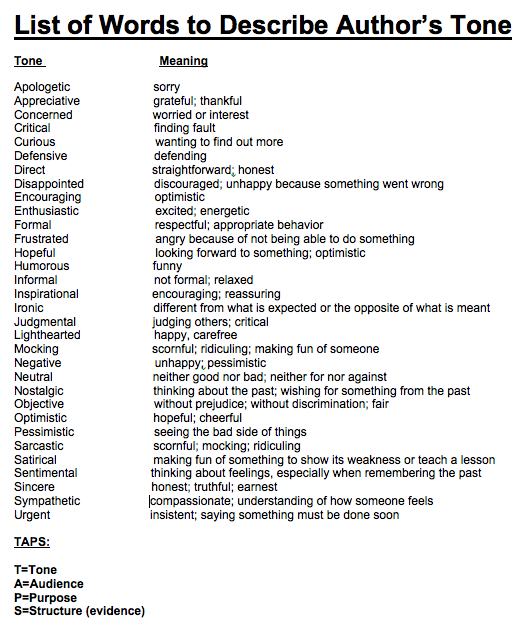 Although developing critical thinking and staying on track can be challenging, if you prioritize and define your life goals from the start, getting closer to the result will become much easier.
Although developing critical thinking and staying on track can be challenging, if you prioritize and define your life goals from the start, getting closer to the result will become much easier. 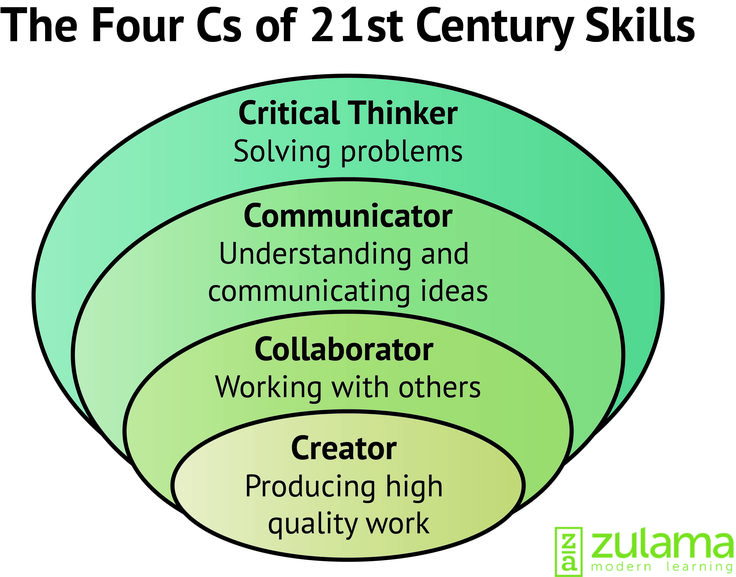 By the way, we advise you to take our course critically: carefully consider how and when you will take it, and find time for this in your schedule.
By the way, we advise you to take our course critically: carefully consider how and when you will take it, and find time for this in your schedule.
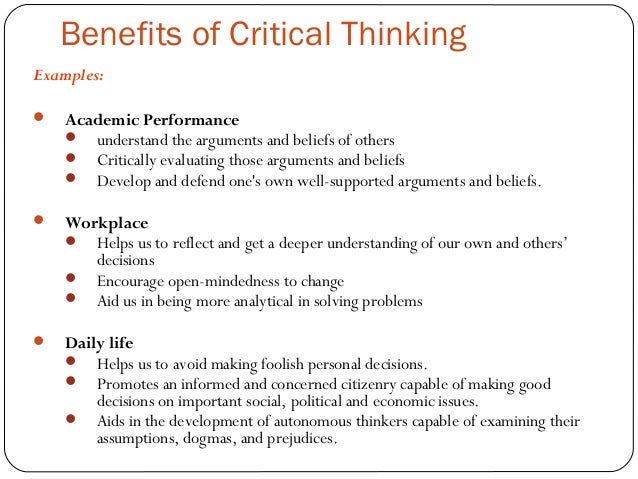
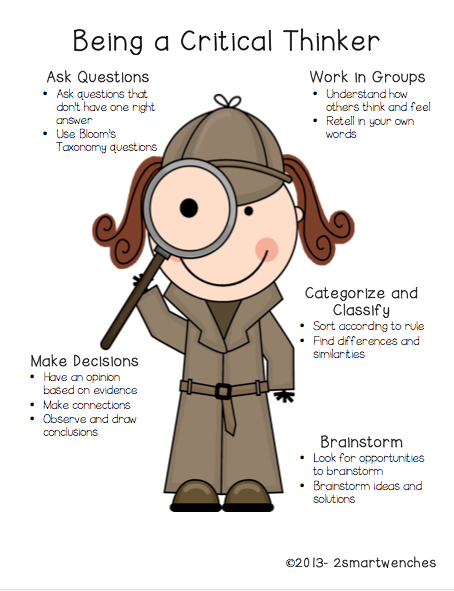 The other is to develop a critical mindset. Let's tell you how it's done.
The other is to develop a critical mindset. Let's tell you how it's done. Formation of a critical mindset
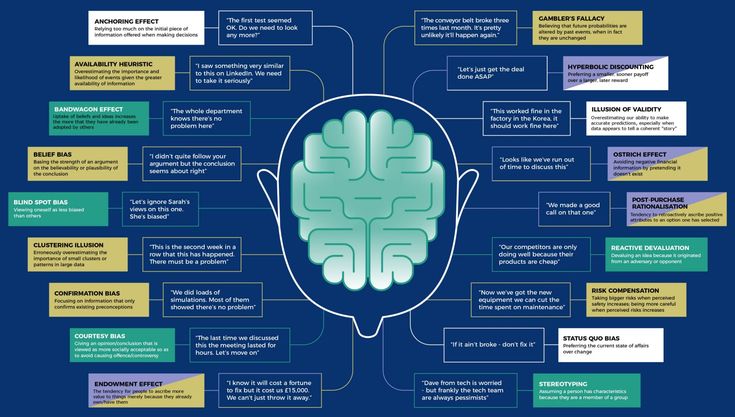
 You will find a lot of interesting and useful information. However, to get acquainted with what you have to study, you can already now.
You will find a lot of interesting and useful information. However, to get acquainted with what you have to study, you can already now. Critical Thinking Lessons
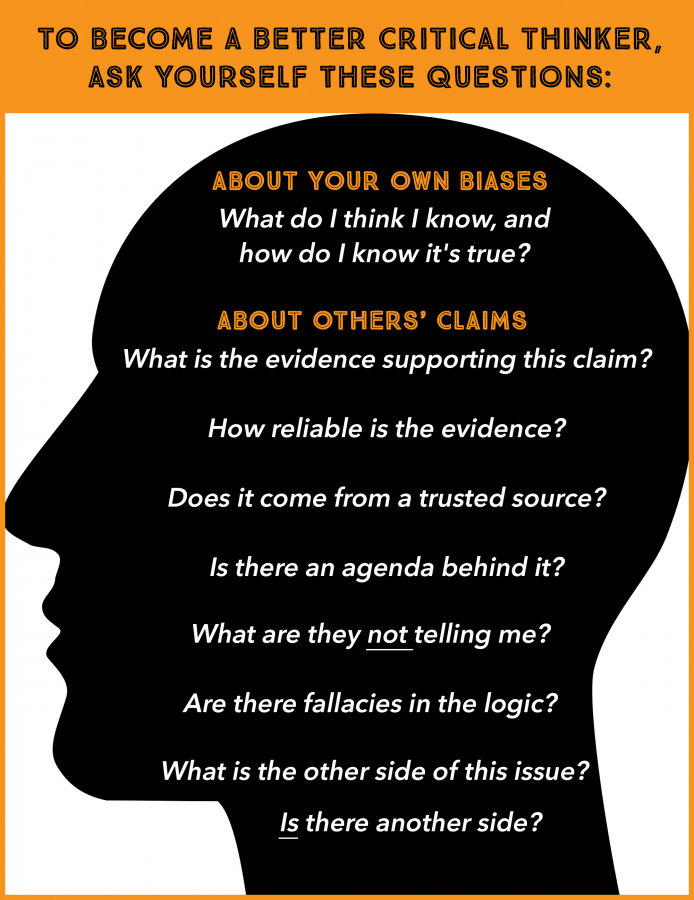
Lesson 1. Critical thinking: skills, abilities and competencies 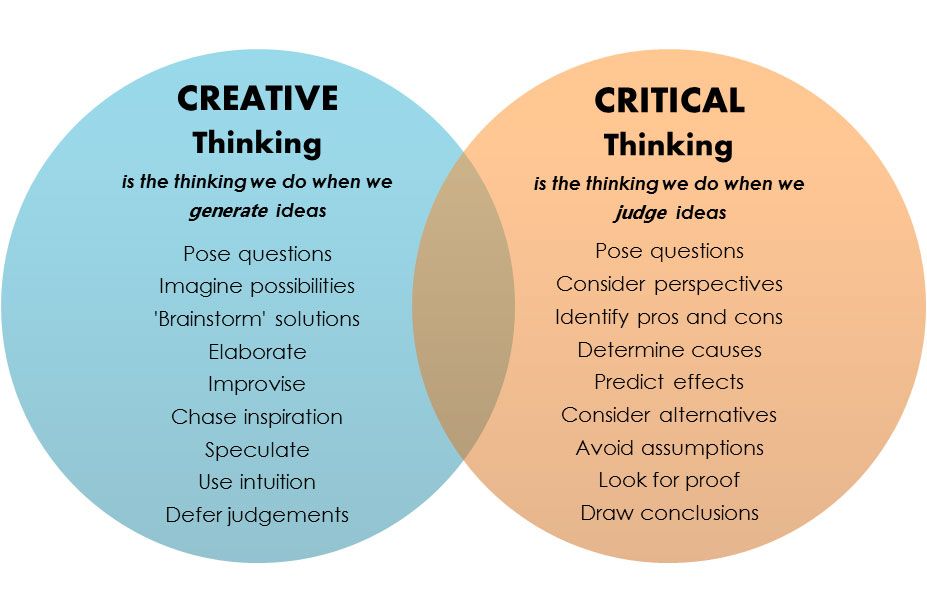 At the end of the lesson, you will pass a small test on the degree of your critical thinking skills at the moment.
At the end of the lesson, you will pass a small test on the degree of your critical thinking skills at the moment.
Lesson 2. The Scientific Method: Learn and Think Like a Scientist 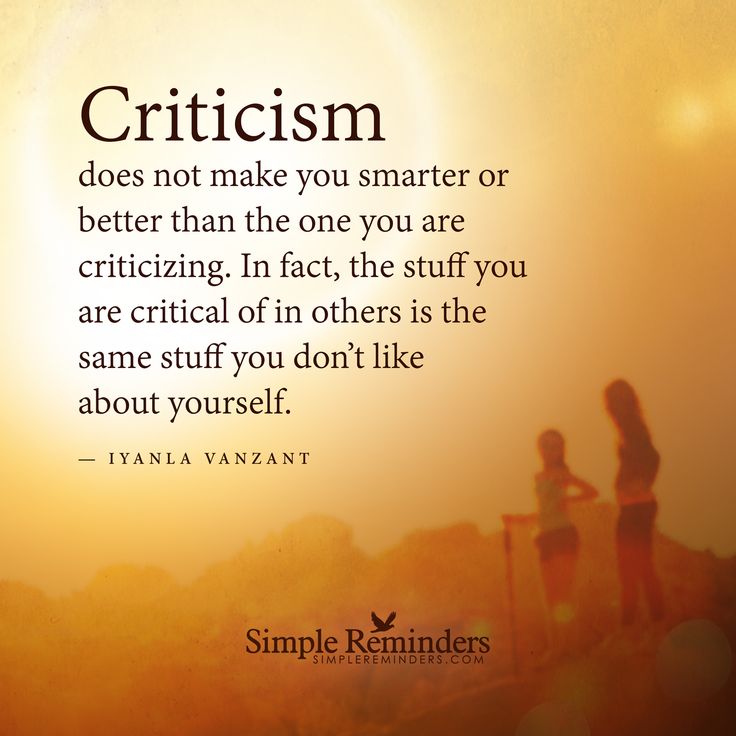
Lesson 3. Argumentation: how to reason consistently and logically
Lesson 4: Critical Thinking: Obstacles 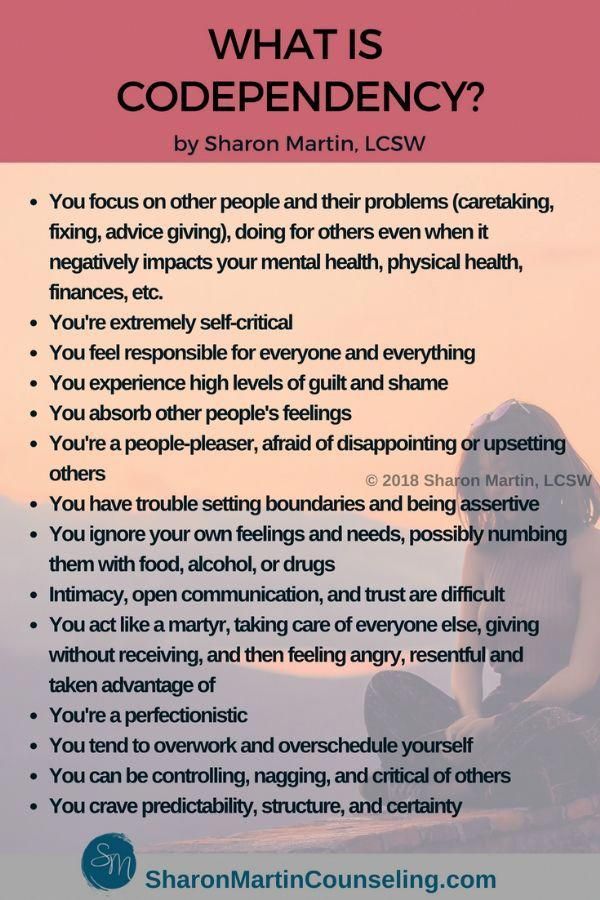 Everyone can do it, but not everyone copes with this task easily and naturally. Quite often, all sorts of barriers and obstacles arise along the way that make it difficult to teach critical thinking. To overcome obstacles you need to know about them and how to overcome them.
Everyone can do it, but not everyone copes with this task easily and naturally. Quite often, all sorts of barriers and obstacles arise along the way that make it difficult to teach critical thinking. To overcome obstacles you need to know about them and how to overcome them.
Lesson 5. Irrational Thinking 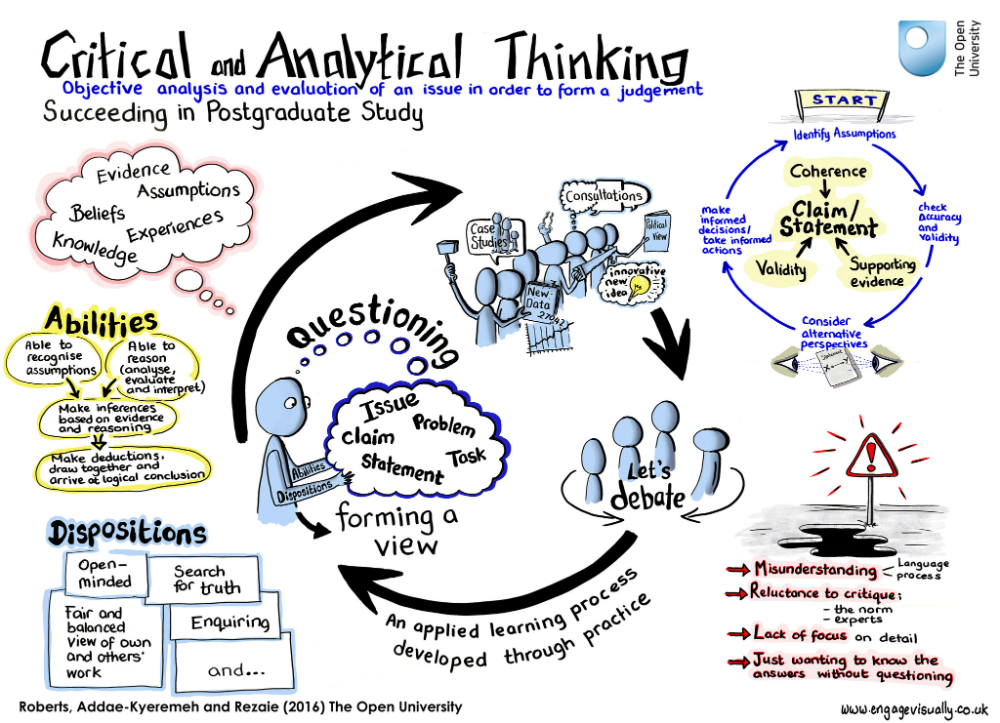 Irrational thinking is another barrier to the development of critical thinking.
Irrational thinking is another barrier to the development of critical thinking.
Lesson 6. Working with information  You will master the methods of working with information (brainstorming, filtering, analysis, inference and formulation) and get acquainted with the rules and three areas of information storage.
You will master the methods of working with information (brainstorming, filtering, analysis, inference and formulation) and get acquainted with the rules and three areas of information storage. How to take classes?
 This means that there is certain information that needs to be read, studied and assimilated - and here everything is extremely simple. And there is a certain amount of practical recommendations - with them everything is a little more complicated. Practical knowledge should be transferred to the field of action as soon as possible so that new skills begin to form and consolidate faster. Practice is the cornerstone of any learning and should always be kept in mind.
This means that there is certain information that needs to be read, studied and assimilated - and here everything is extremely simple. And there is a certain amount of practical recommendations - with them everything is a little more complicated. Practical knowledge should be transferred to the field of action as soon as possible so that new skills begin to form and consolidate faster. Practice is the cornerstone of any learning and should always be kept in mind. 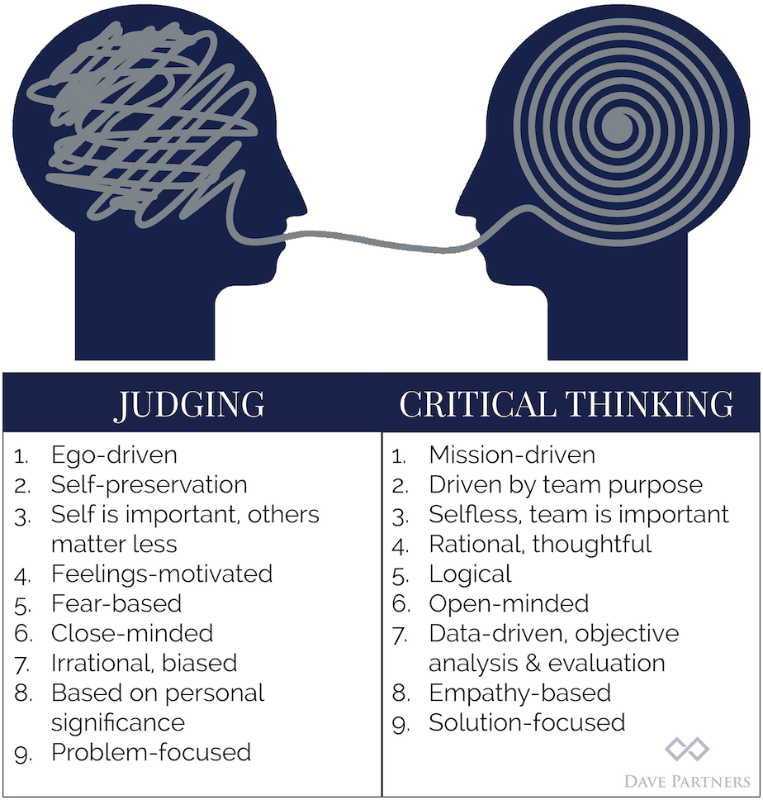 But you have everything you need, so you can be sure that the result will be appropriate.
But you have everything you need, so you can be sure that the result will be appropriate. Books on Critical Thinking
 Goldacre
Goldacre Celebrity Quotes on Critical Thinking
Most people would rather die than think; in fact, they do.
Bertrand Russell
Spotting a mistake in a case does not mean proving the wrongness of the case itself.
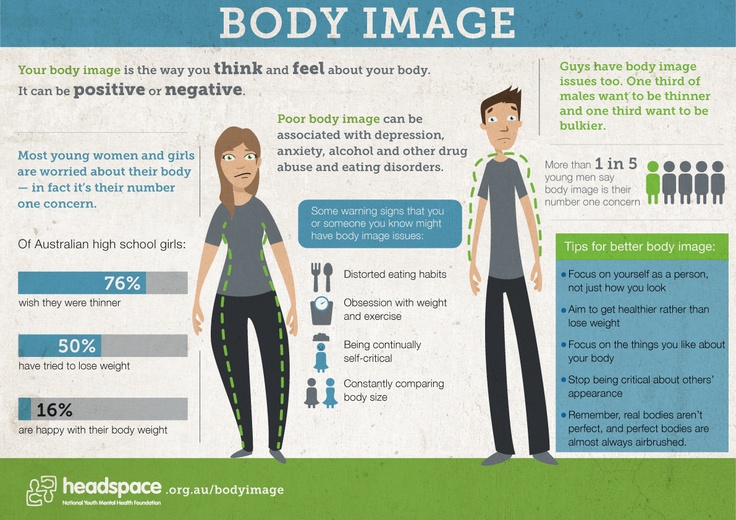
V. G. Belinsky
Few people meditate more than two or three times a year; I made myself an international reputation by meditating once or twice a week.
George Bernard Shaw
A great many people think that they think, while they are only shuffling (putting in order) their prejudices.
William James
The very genius needs criticism, showing his perfection and shortcomings.
A. L. Bestuzhev-Marlinsky
Throughout my life, I have benefited more from my critic friends than from admirers, especially if the criticism was expressed in polite and friendly language.
Mahatma Gandhi
To have the right to criticize, one must believe in some truth.
M. Gorky
Truth loves criticism, it only benefits from it; lies are afraid of criticism, because they lose from it.
